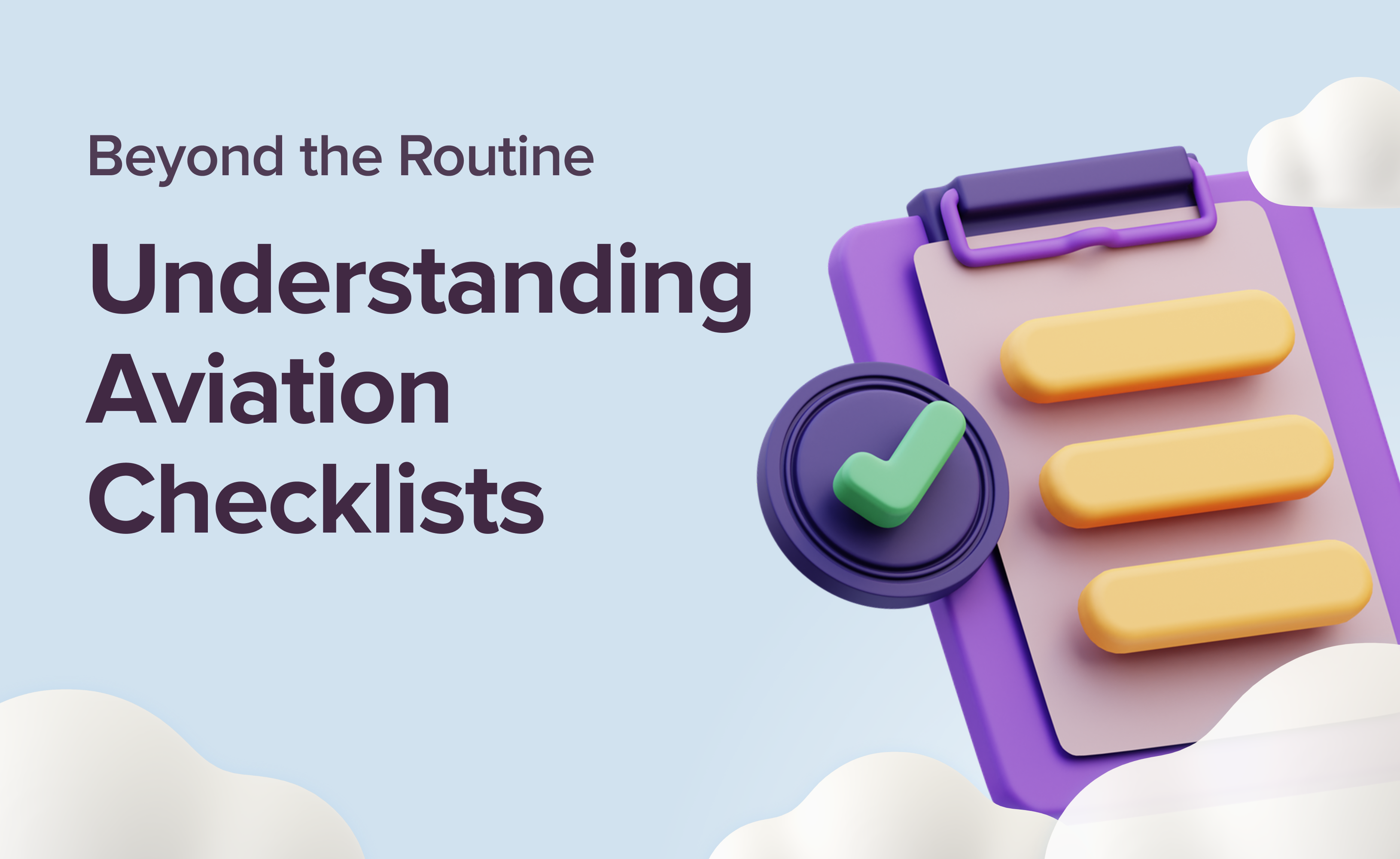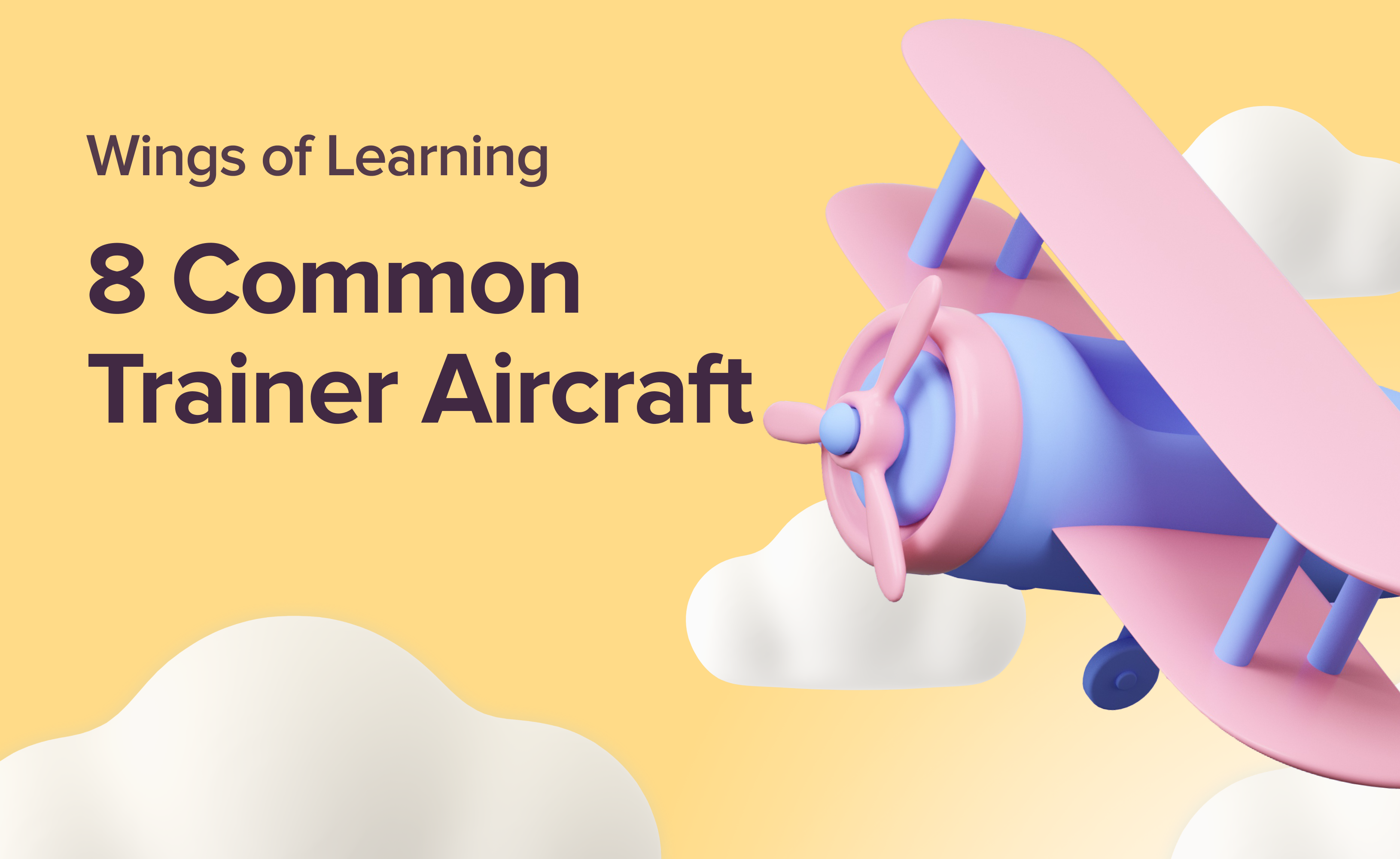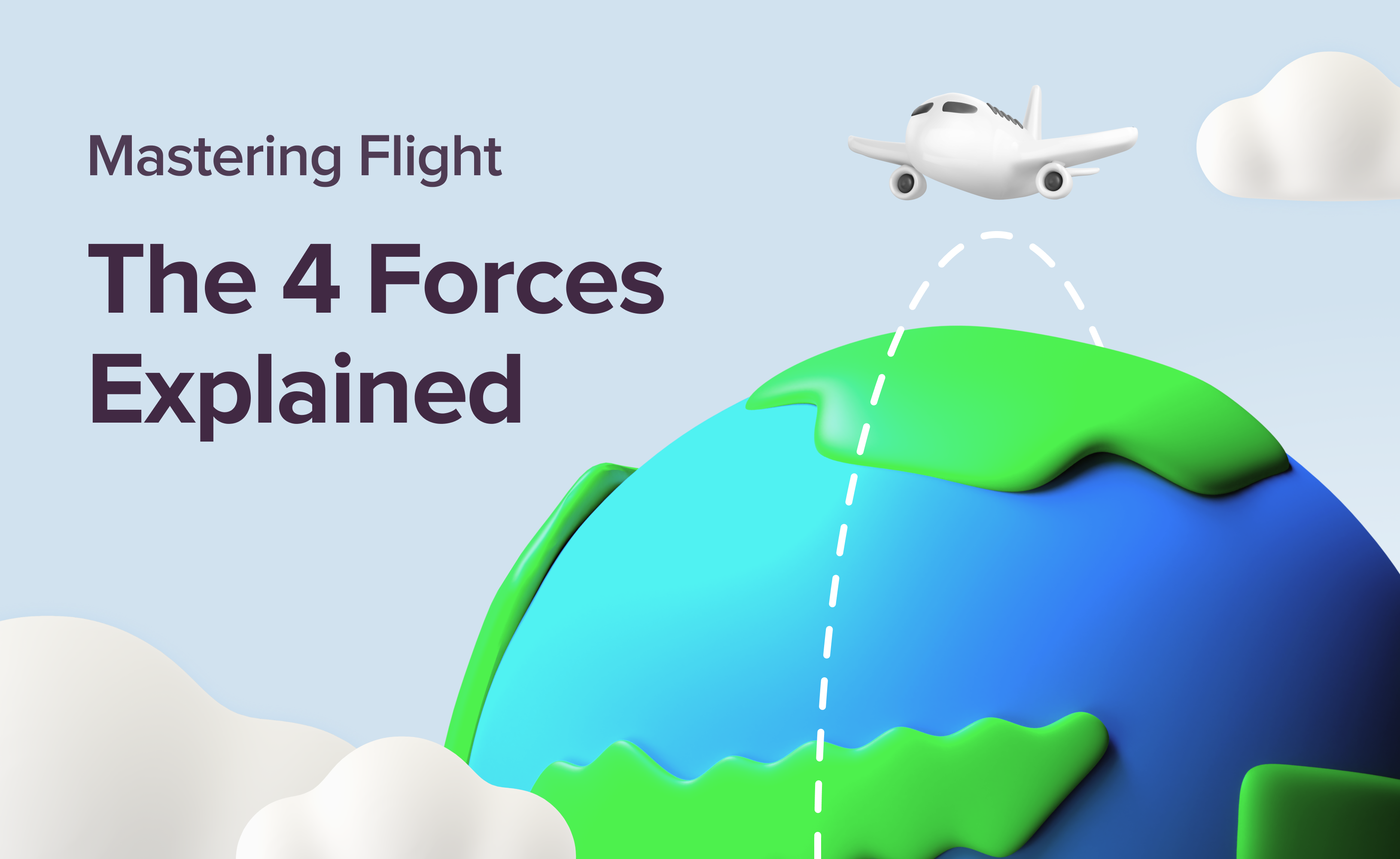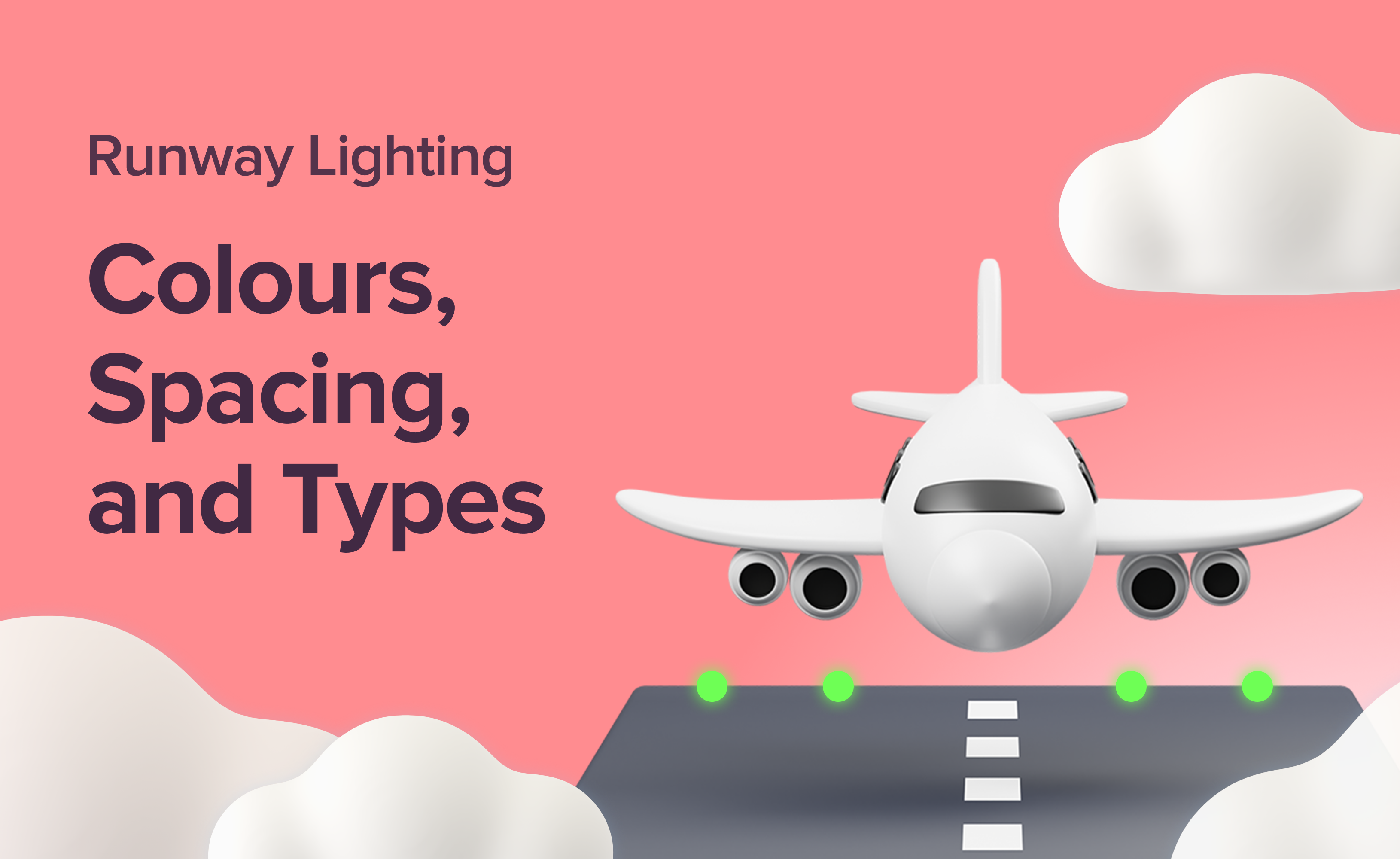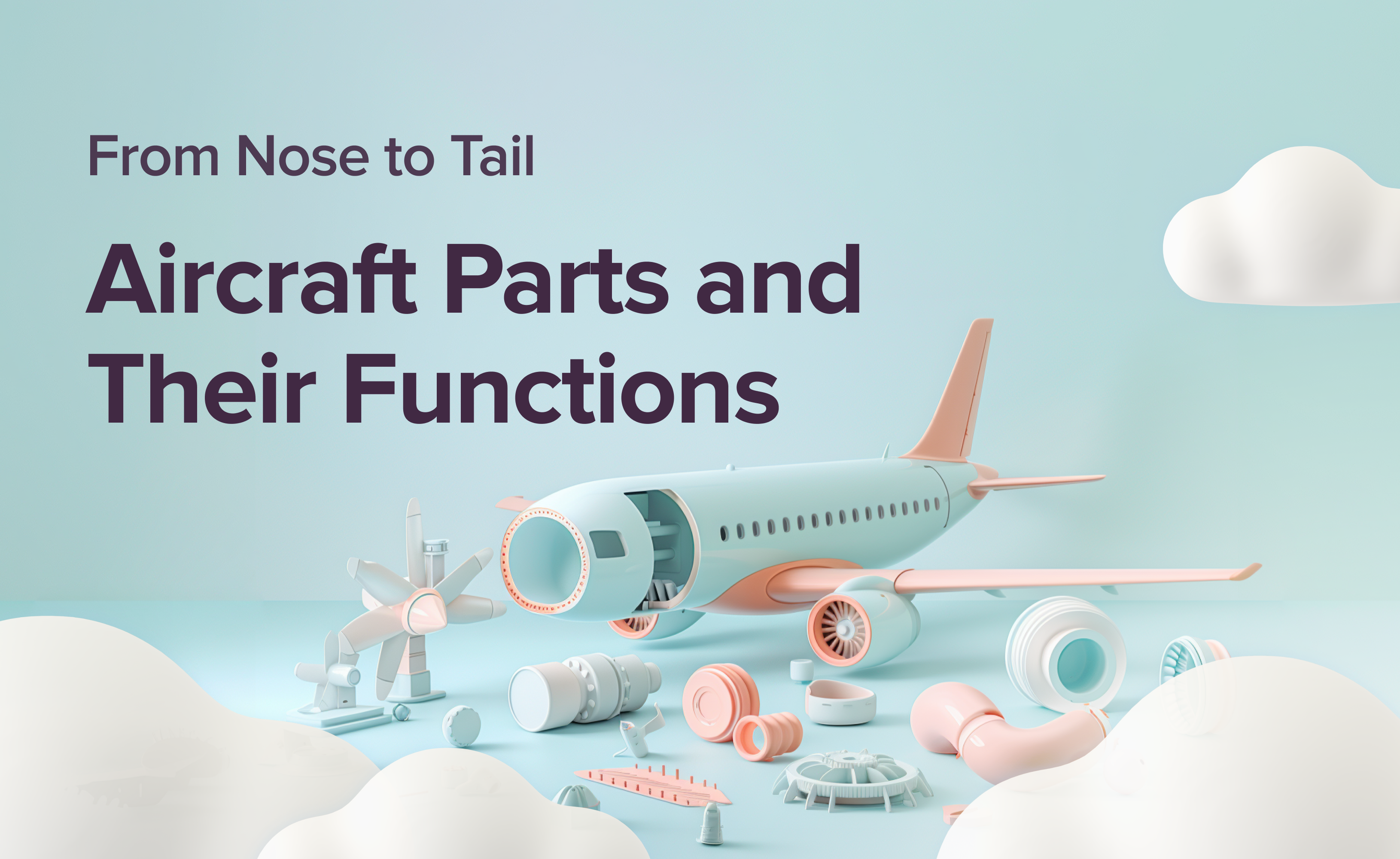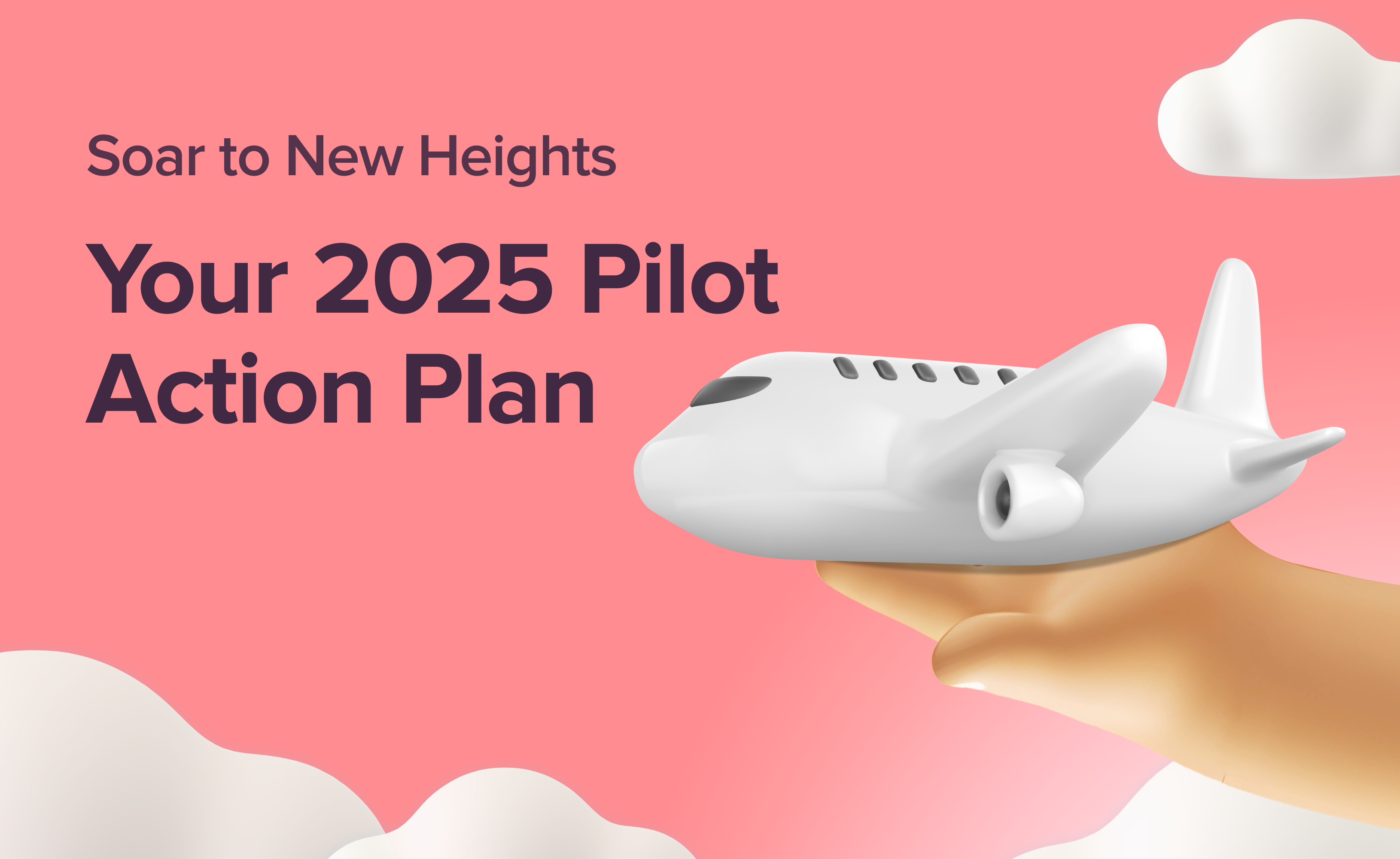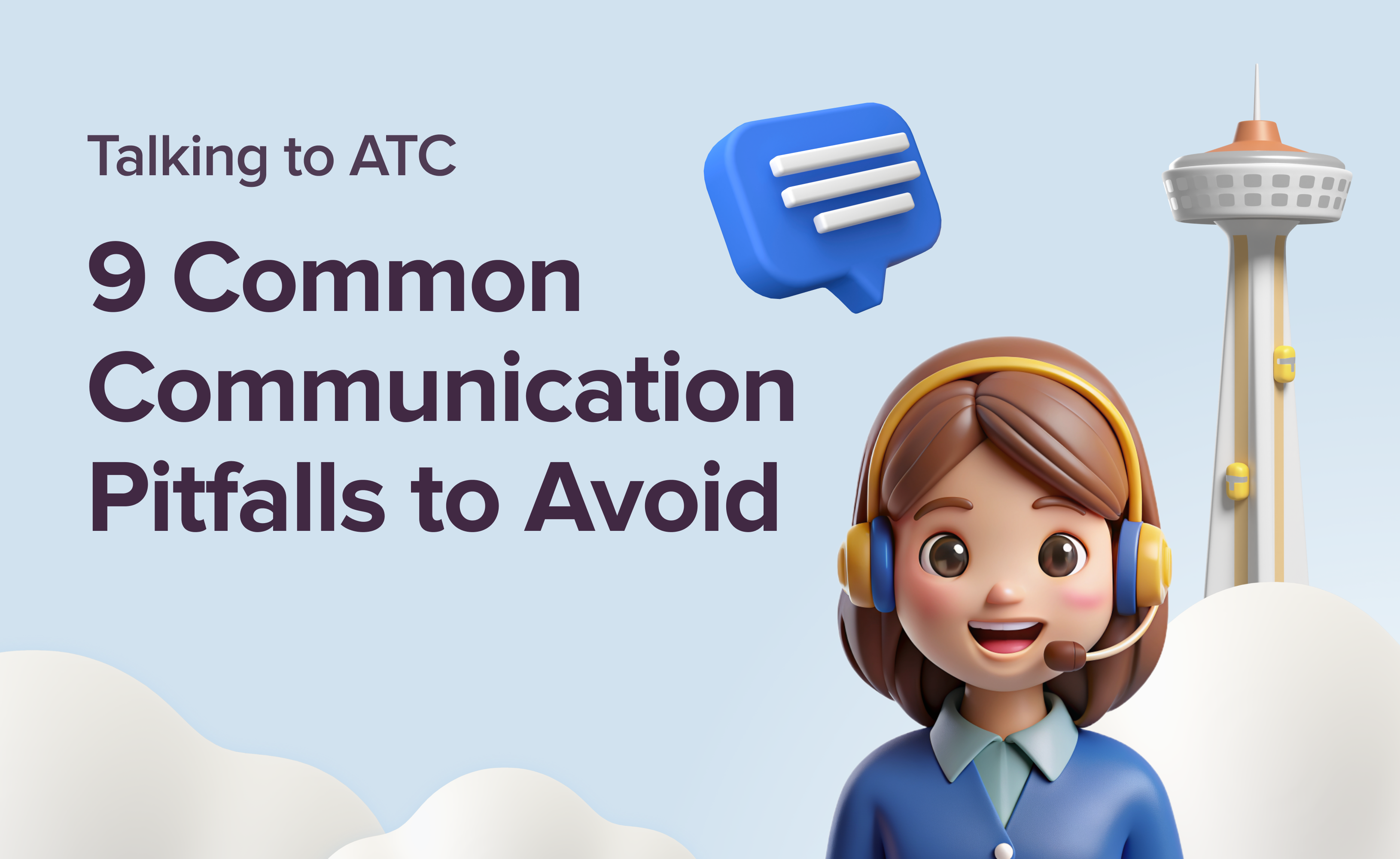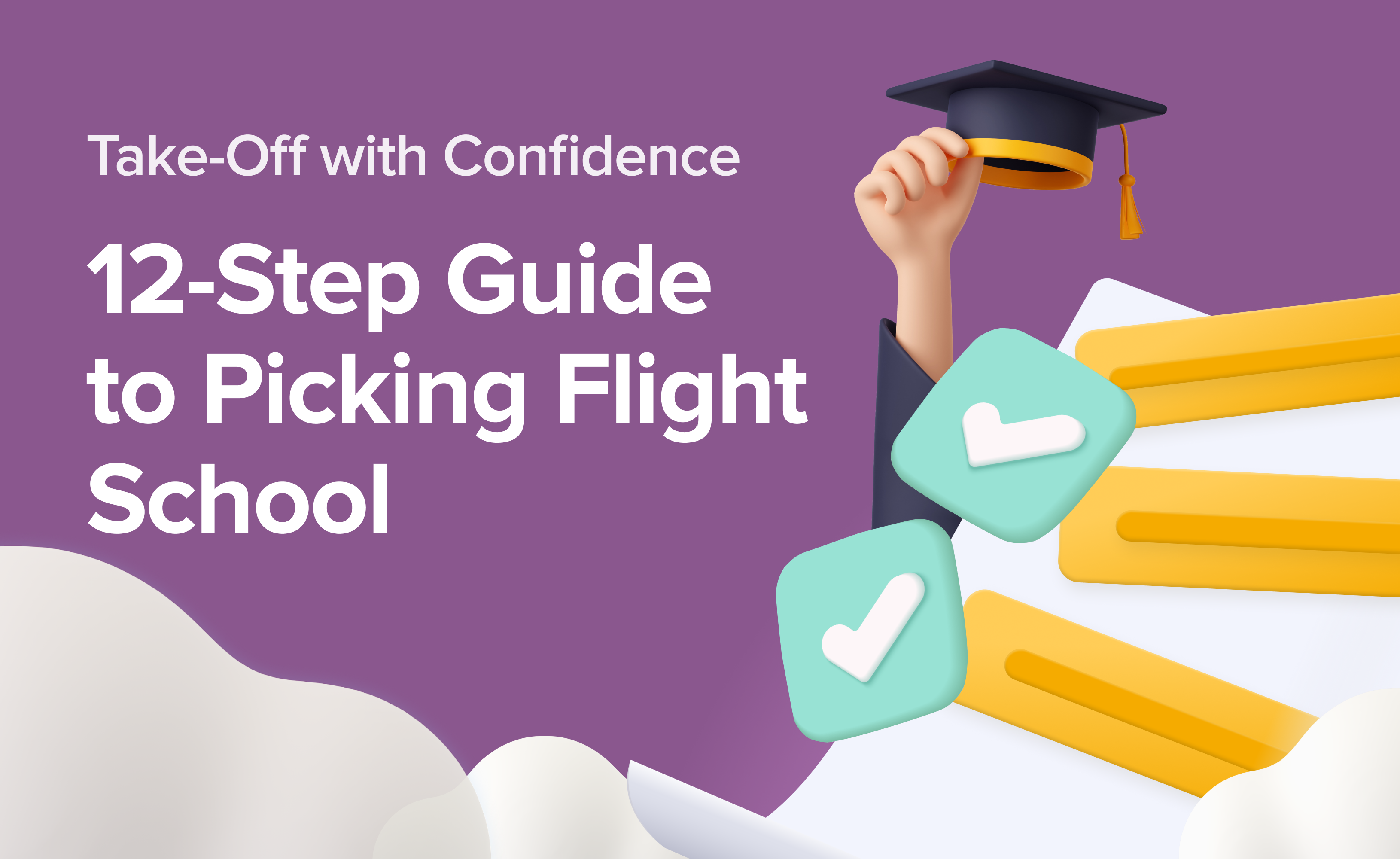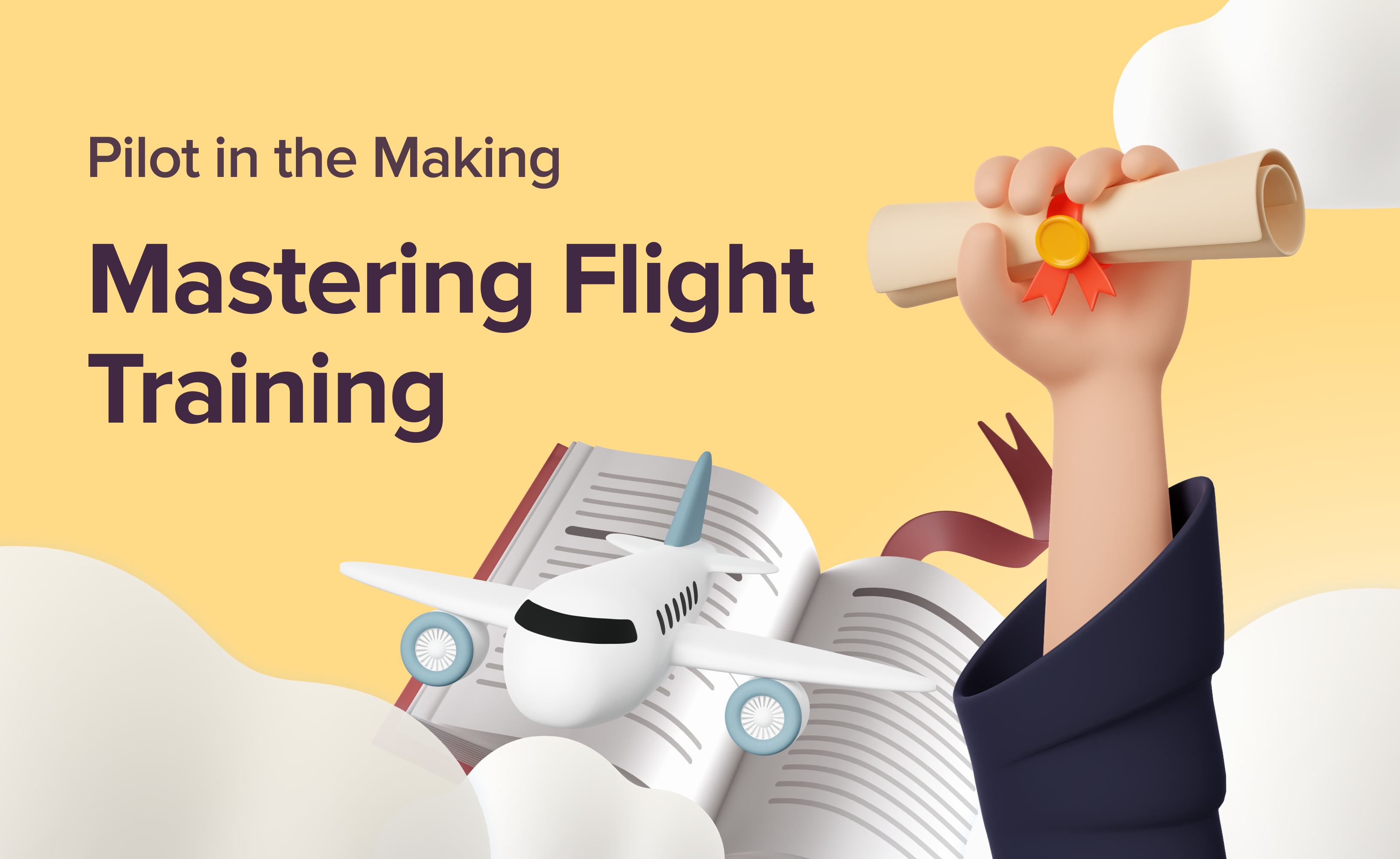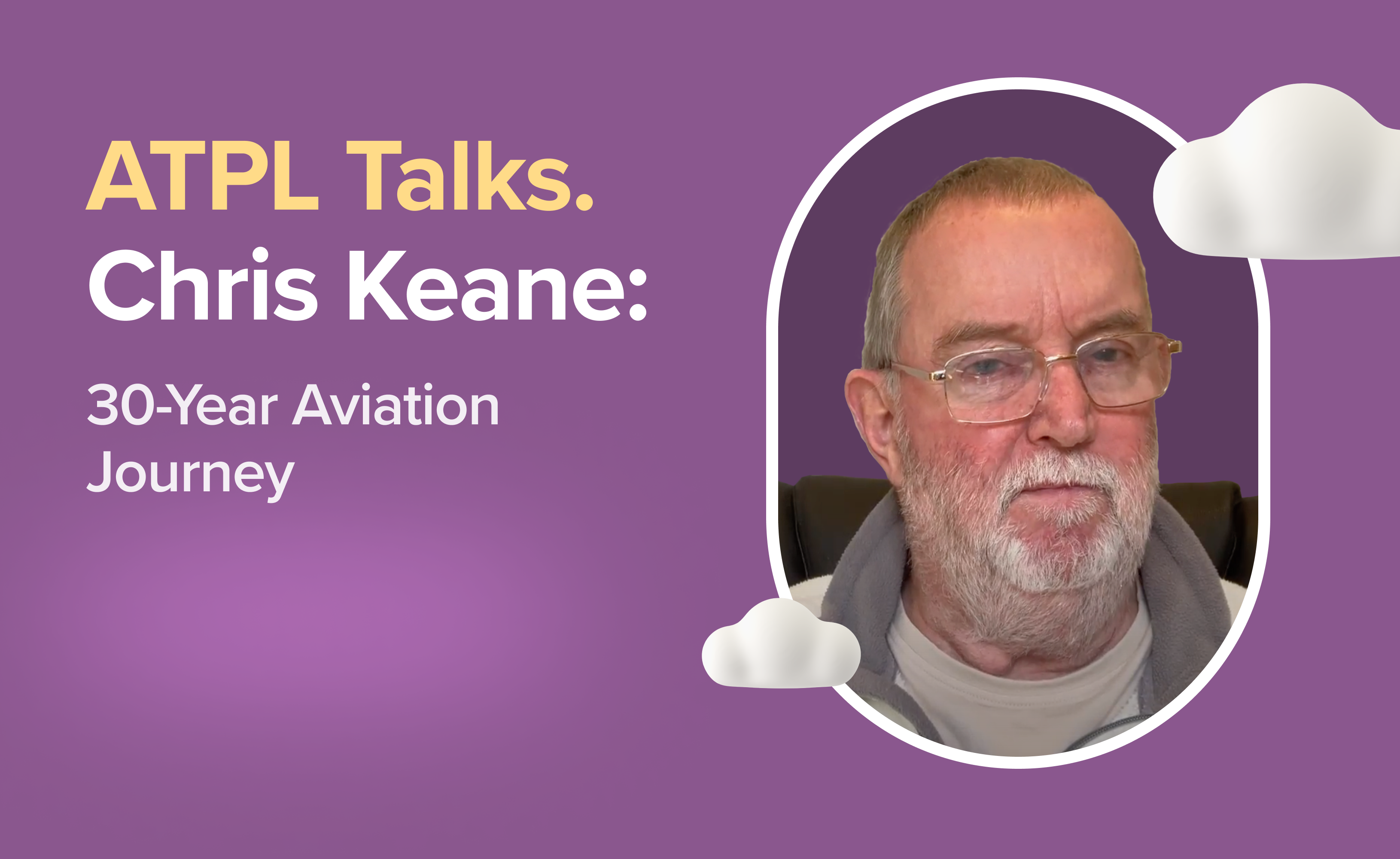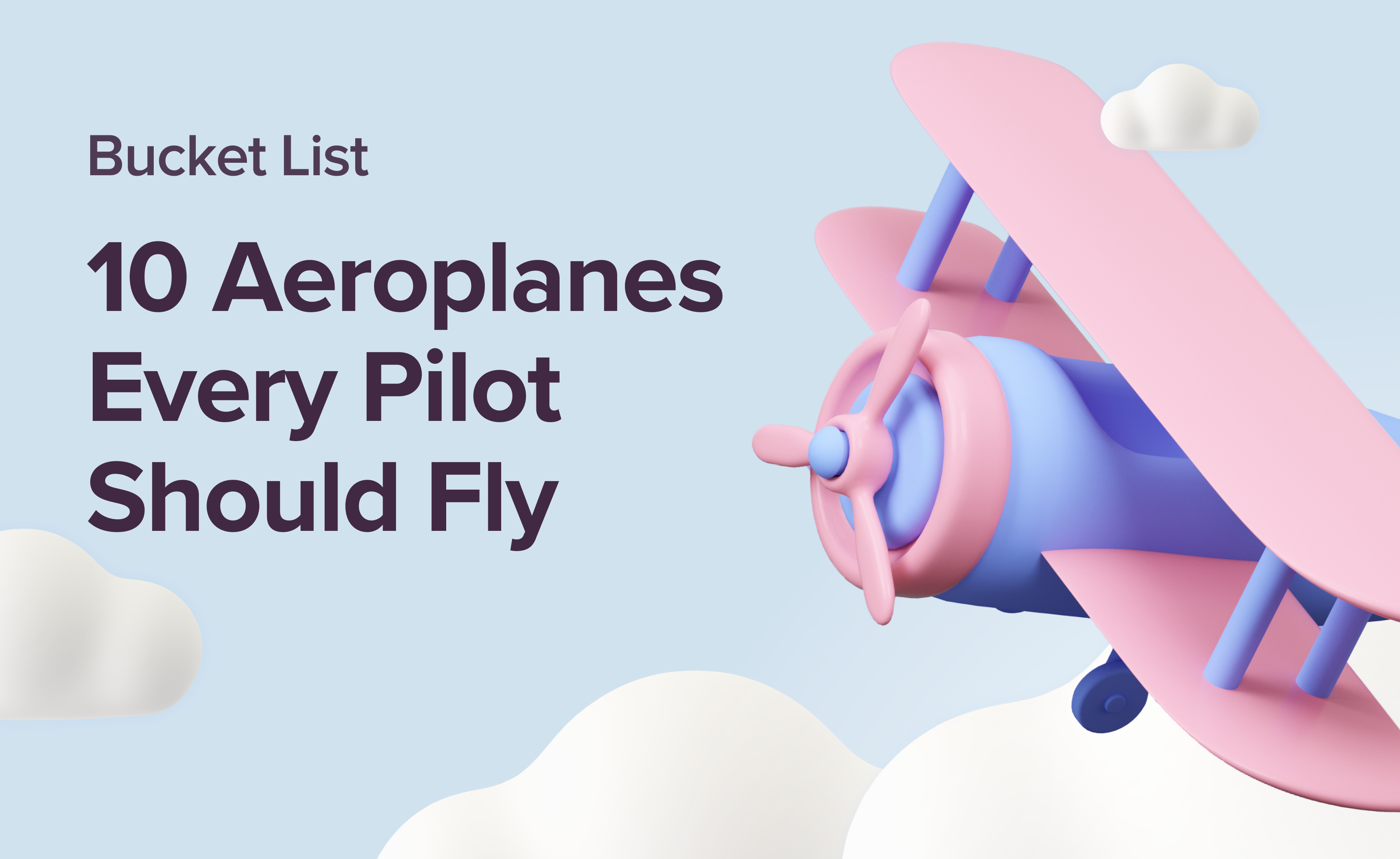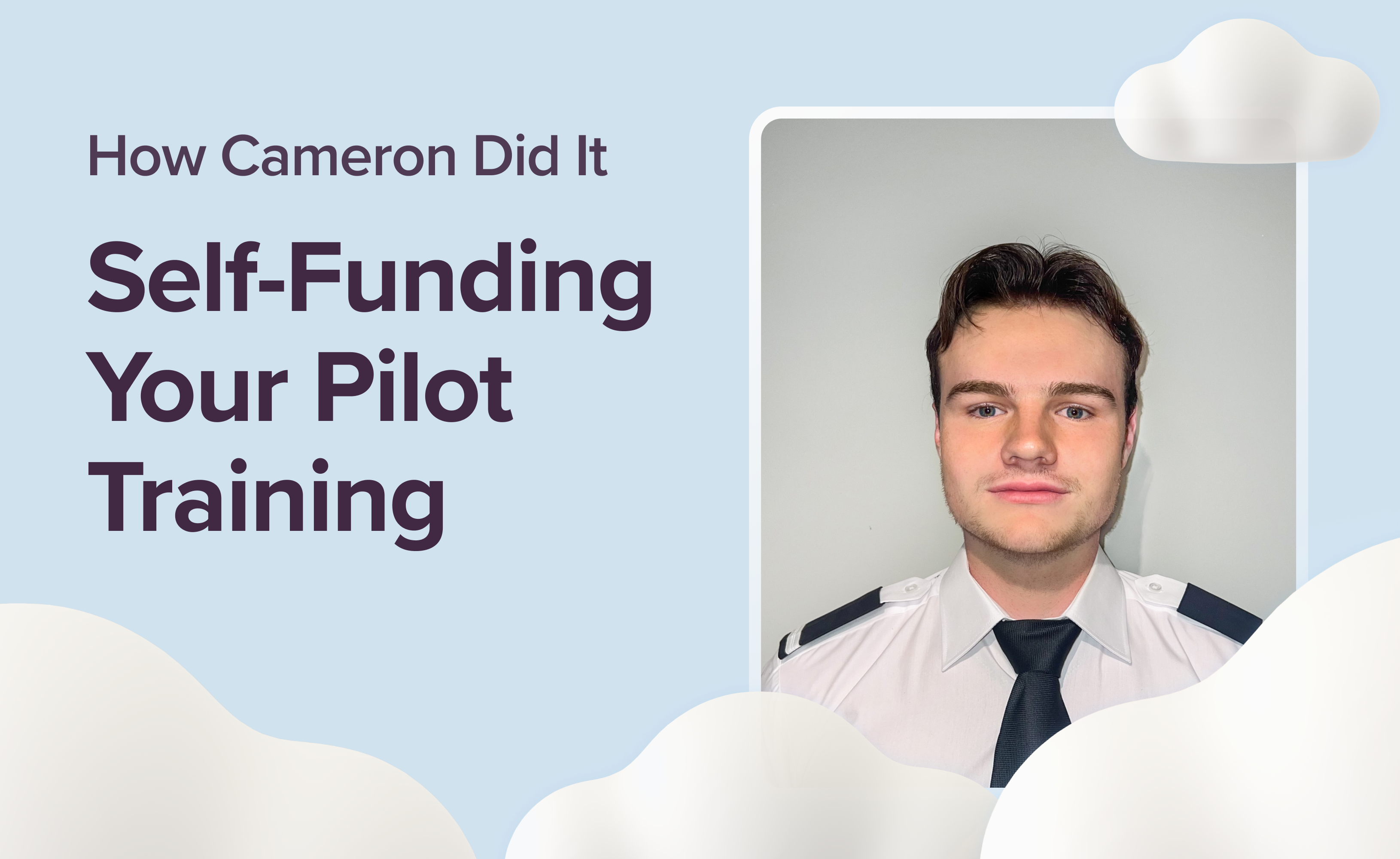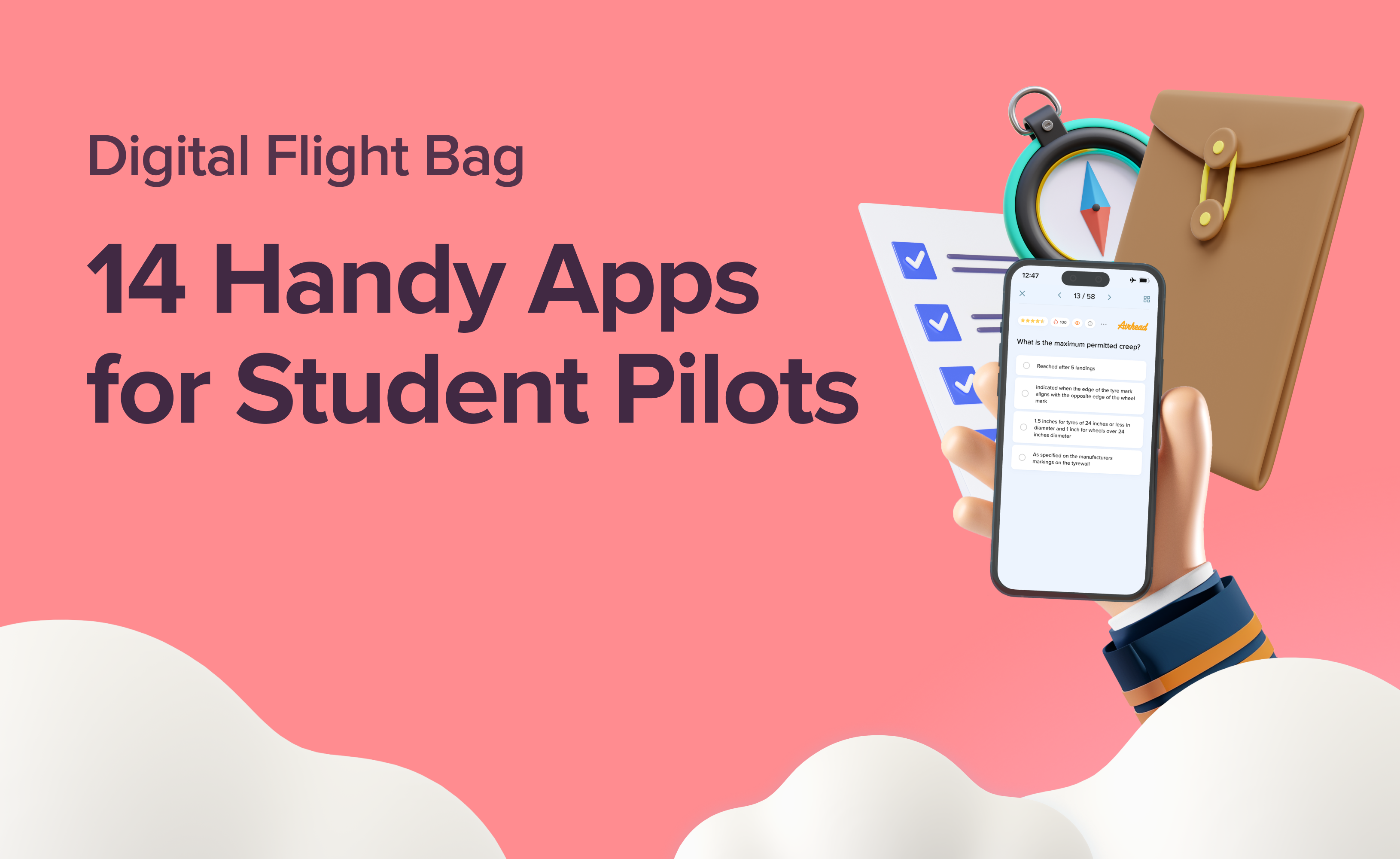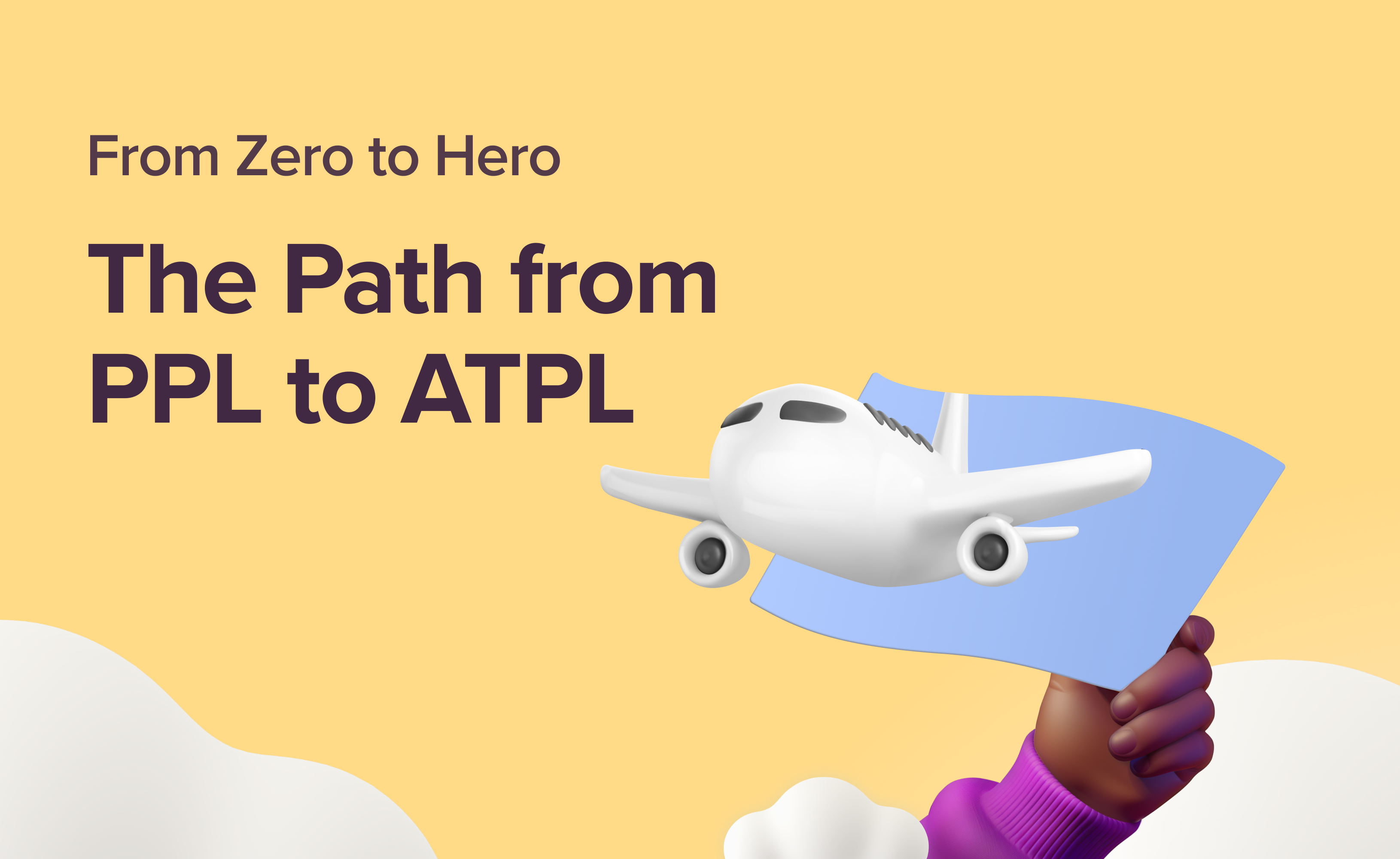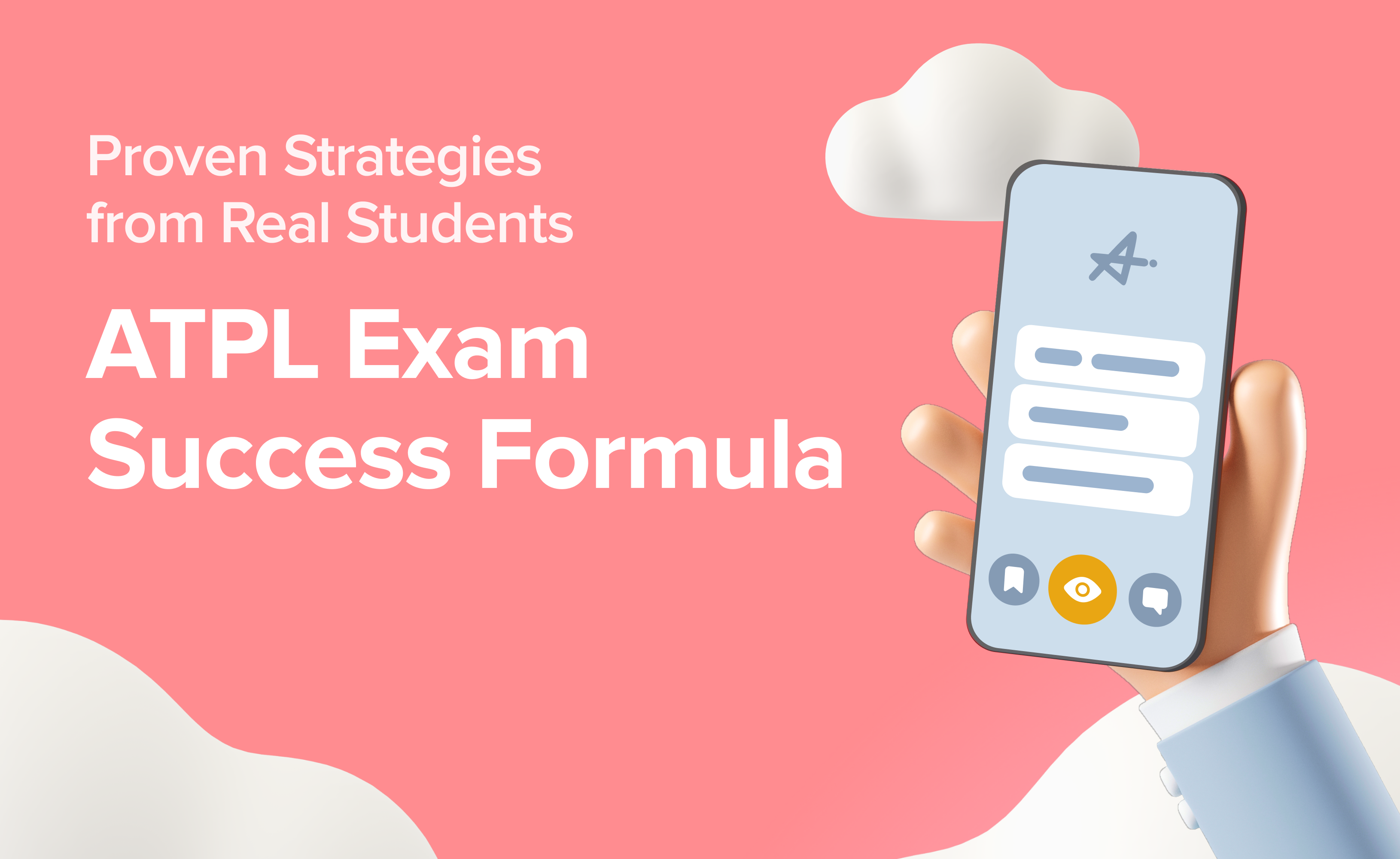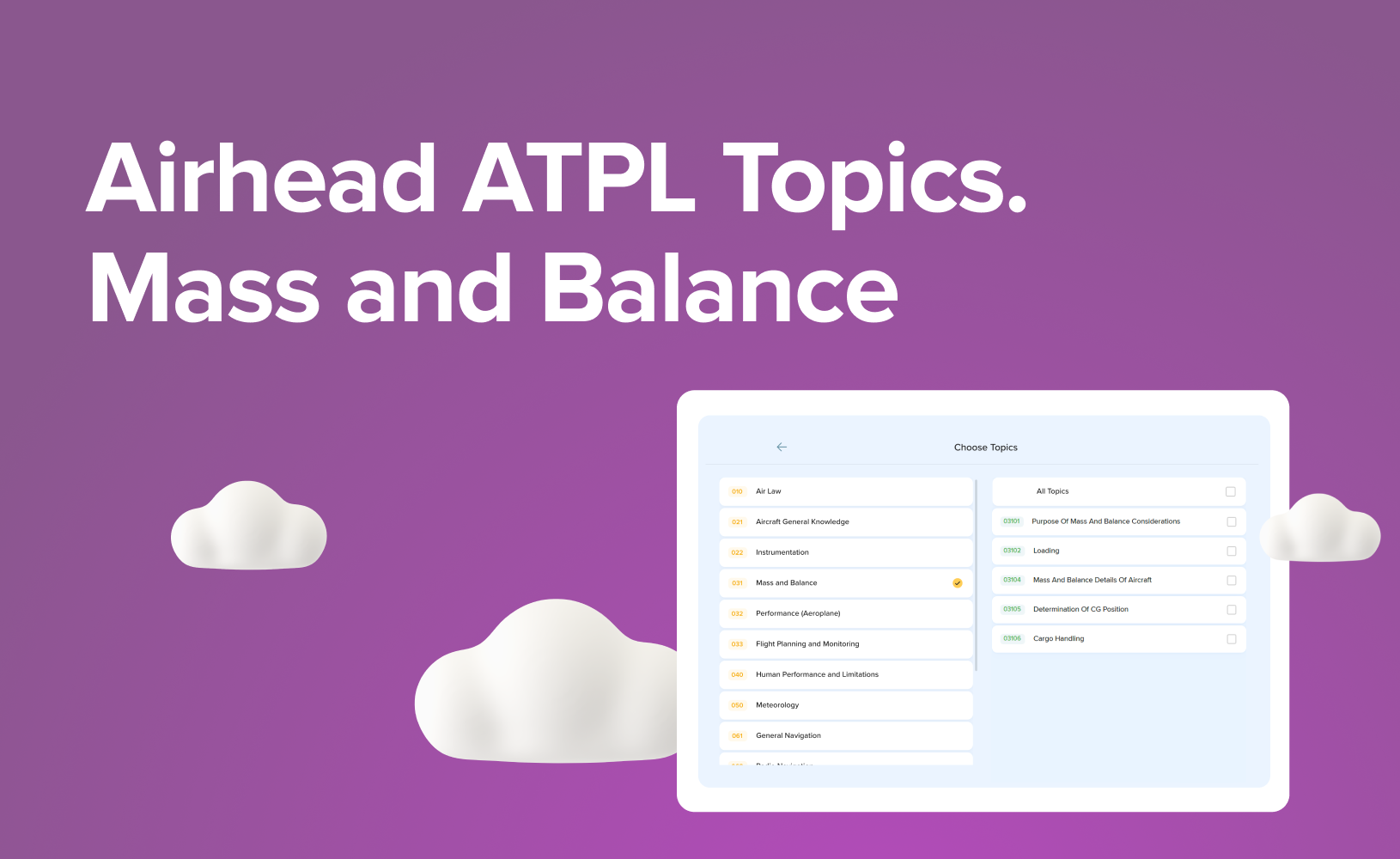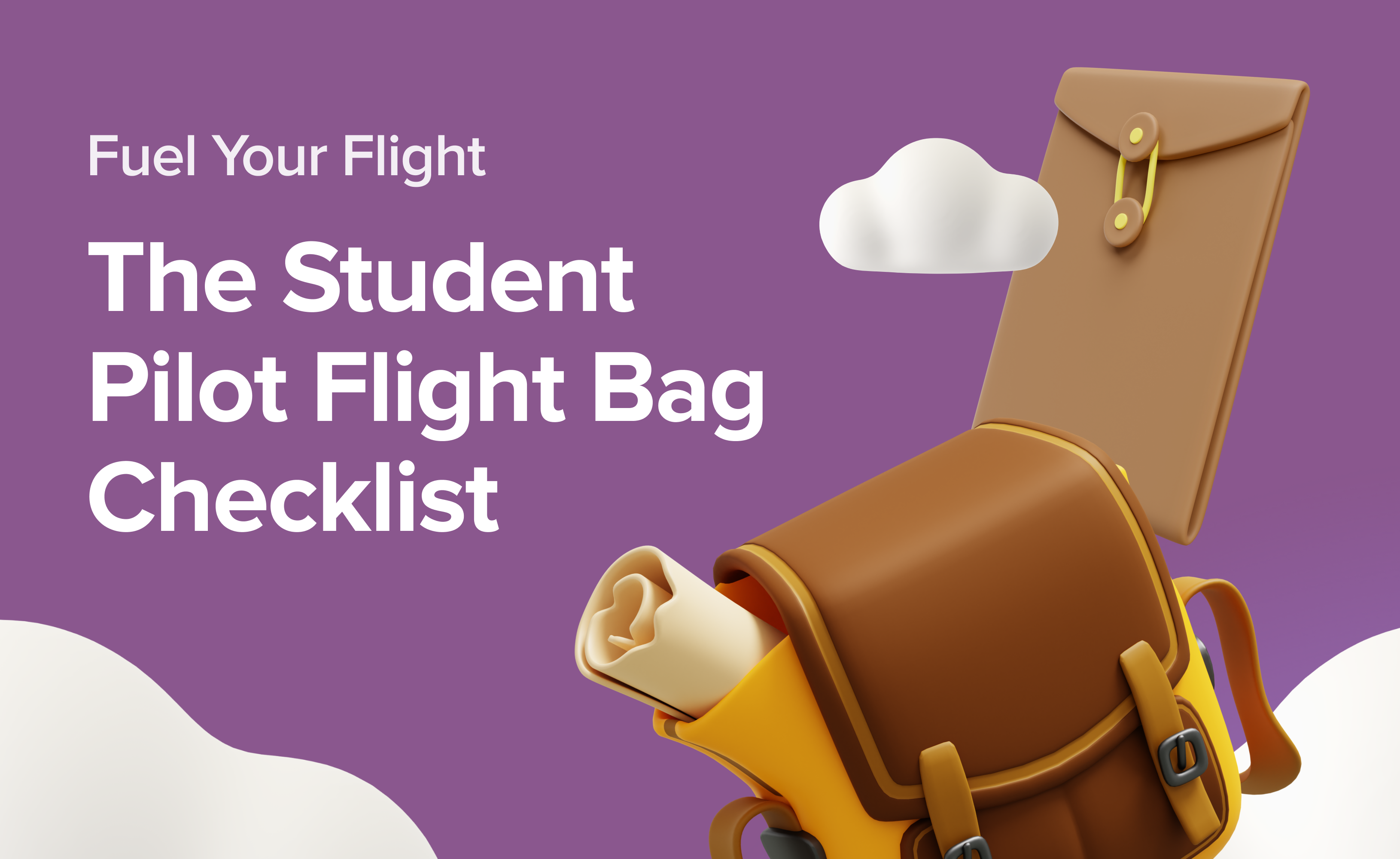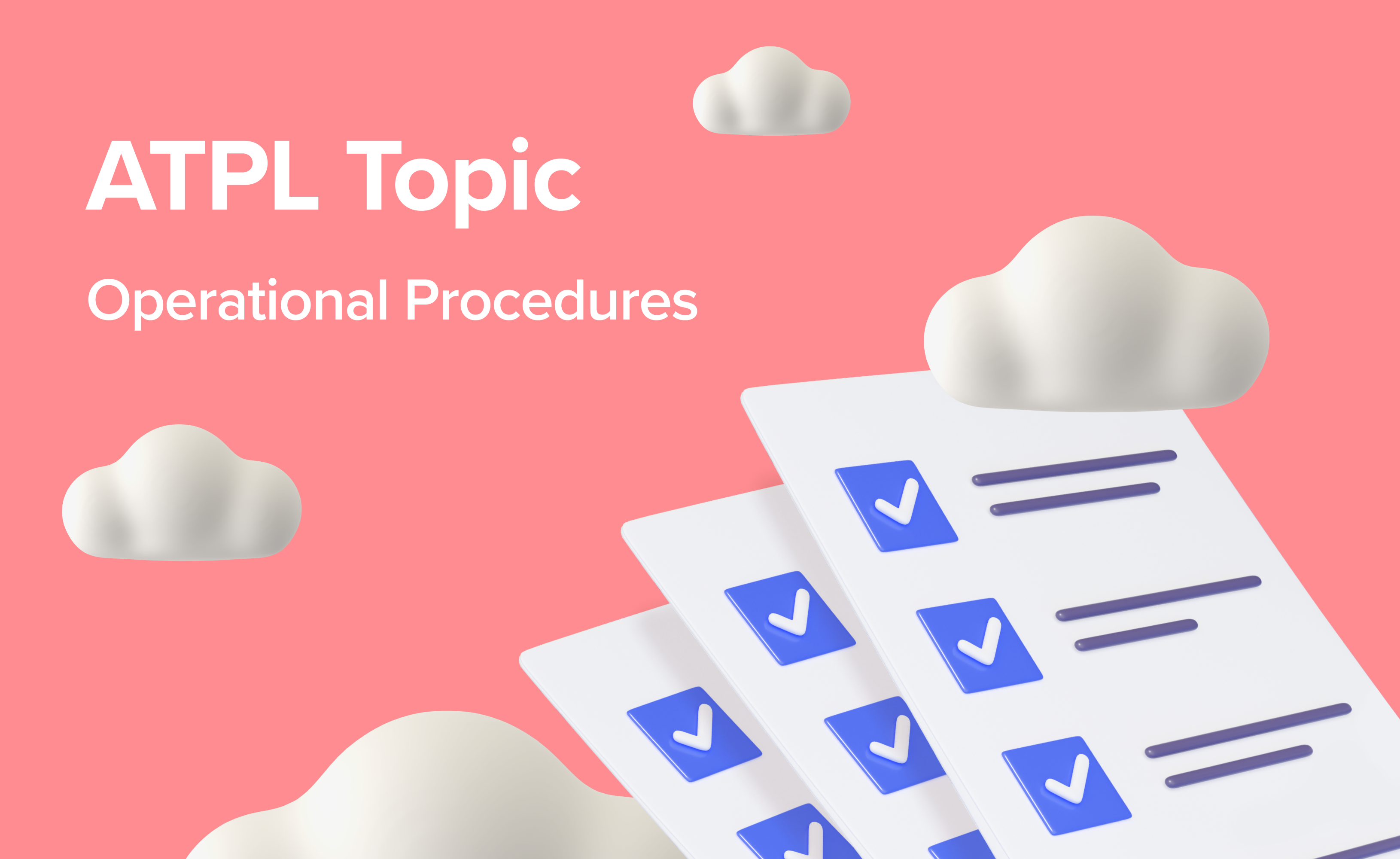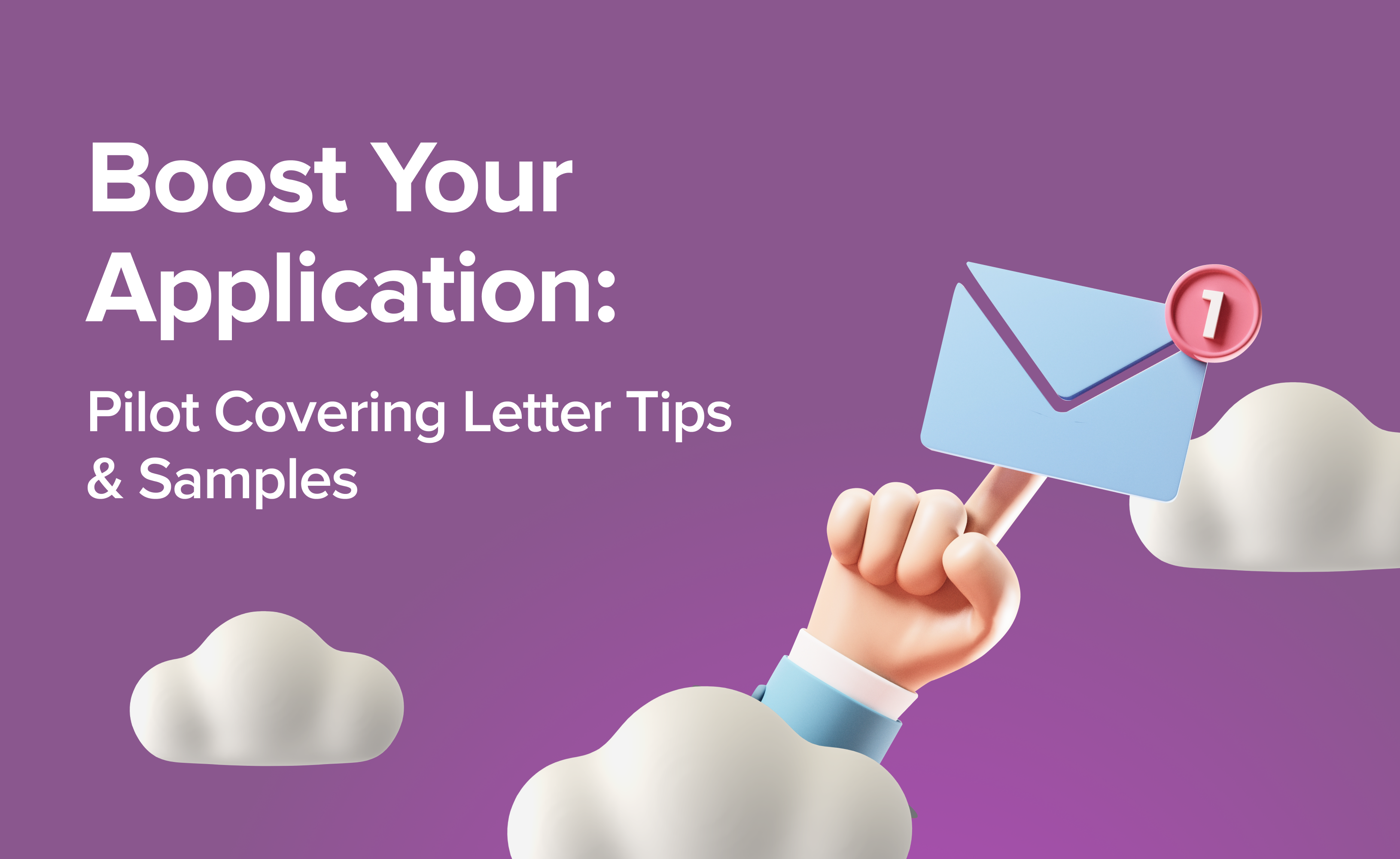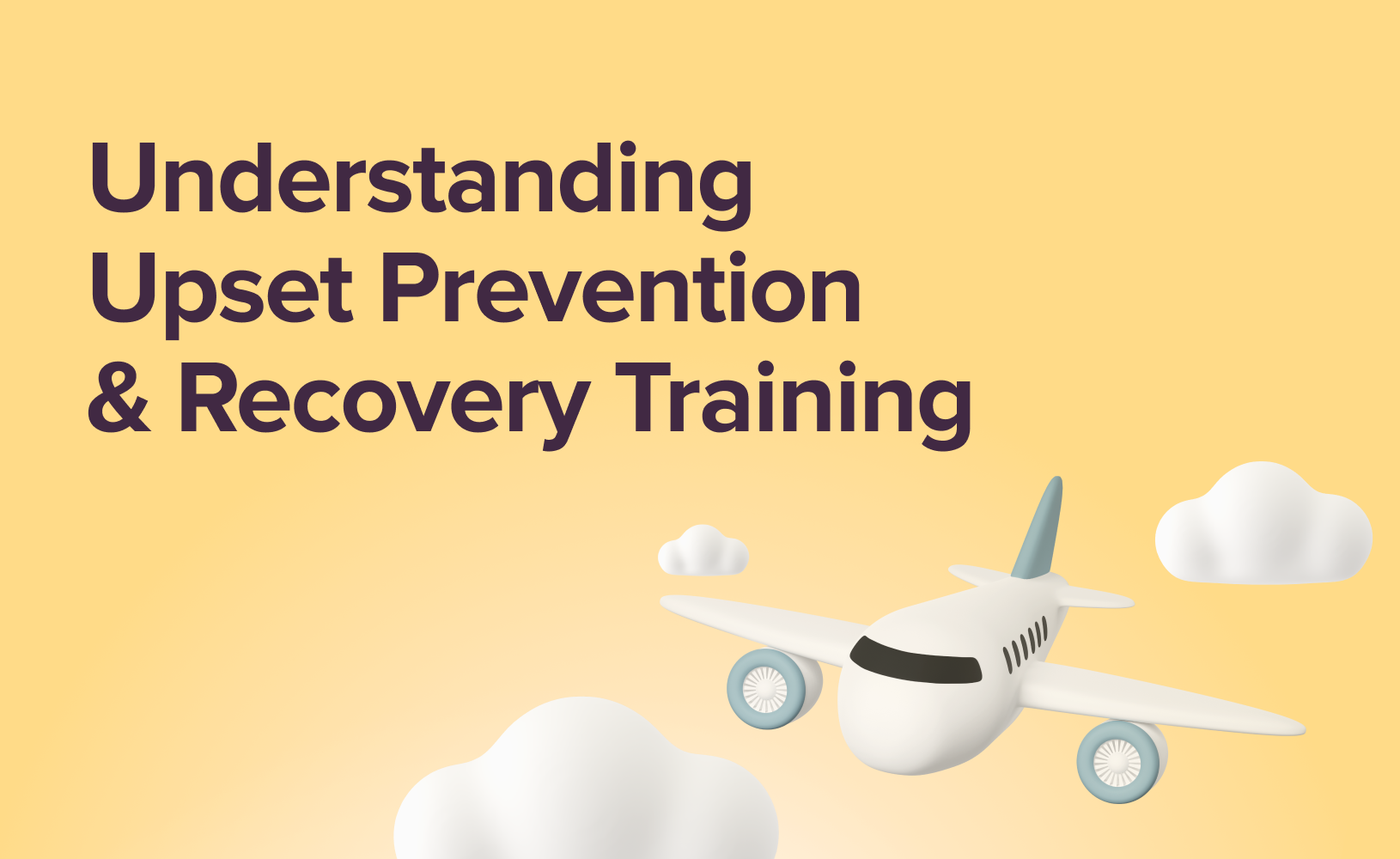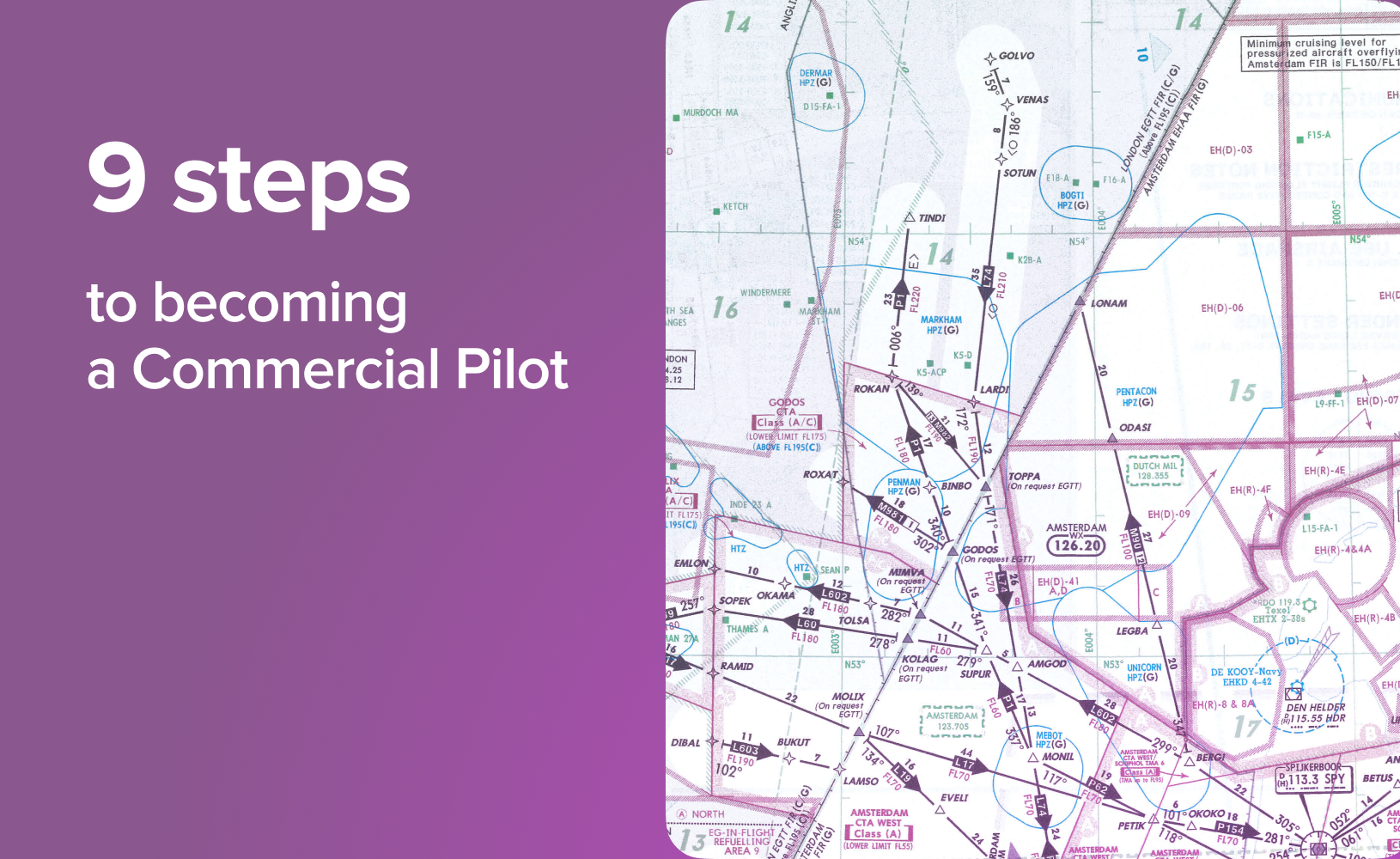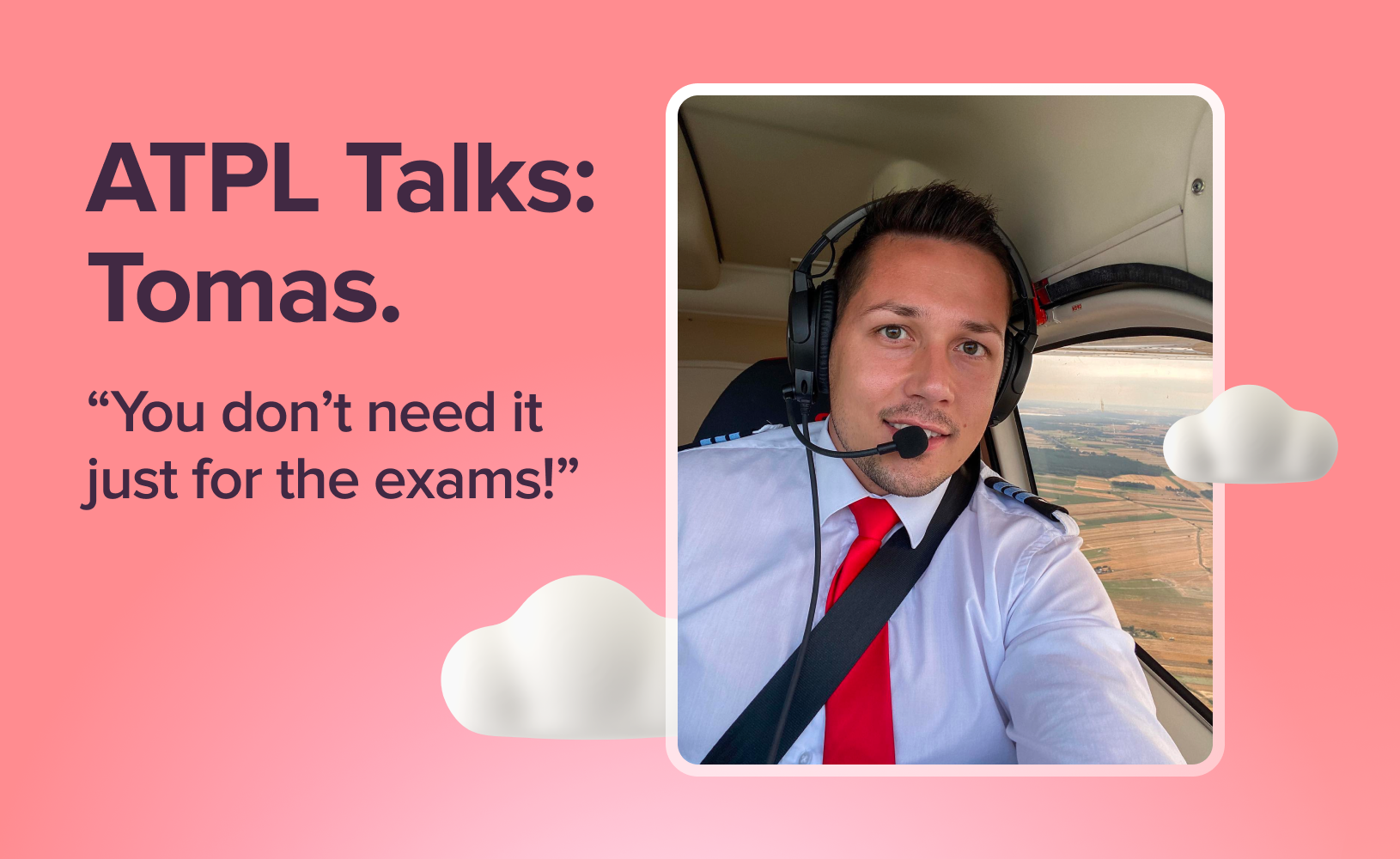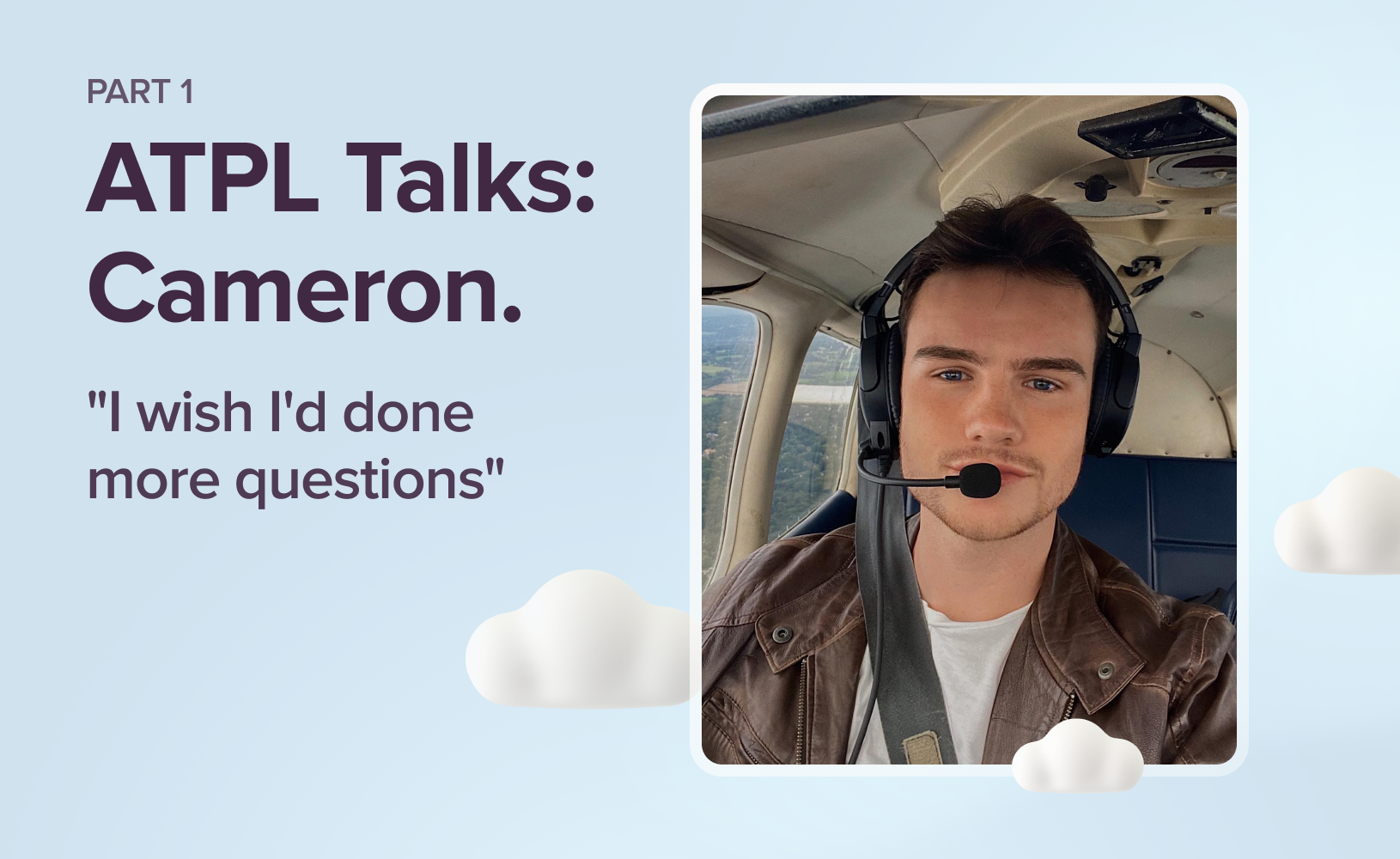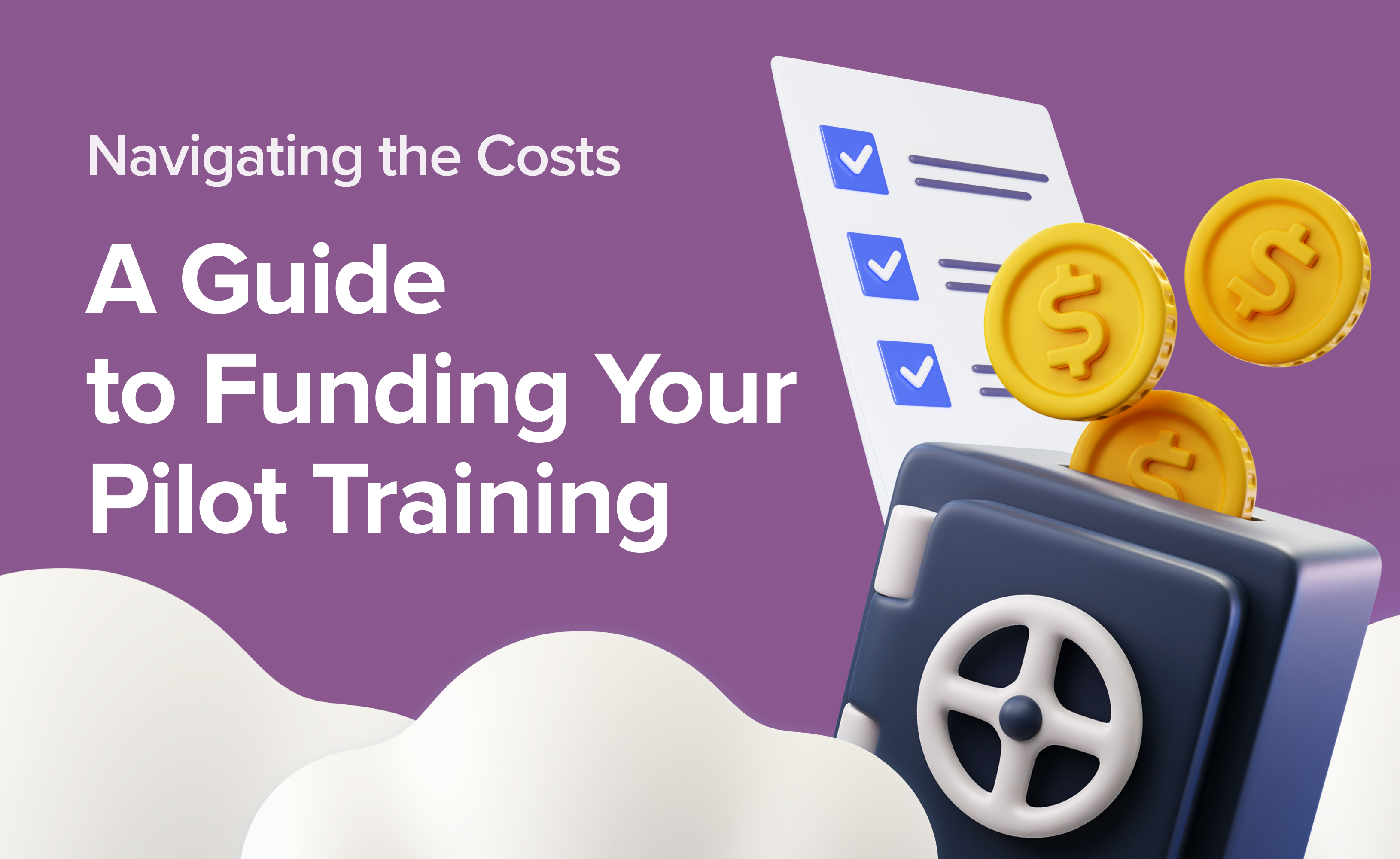Clear for Take-off: A Complete Guide to Ace Your Airline Pilot Interview
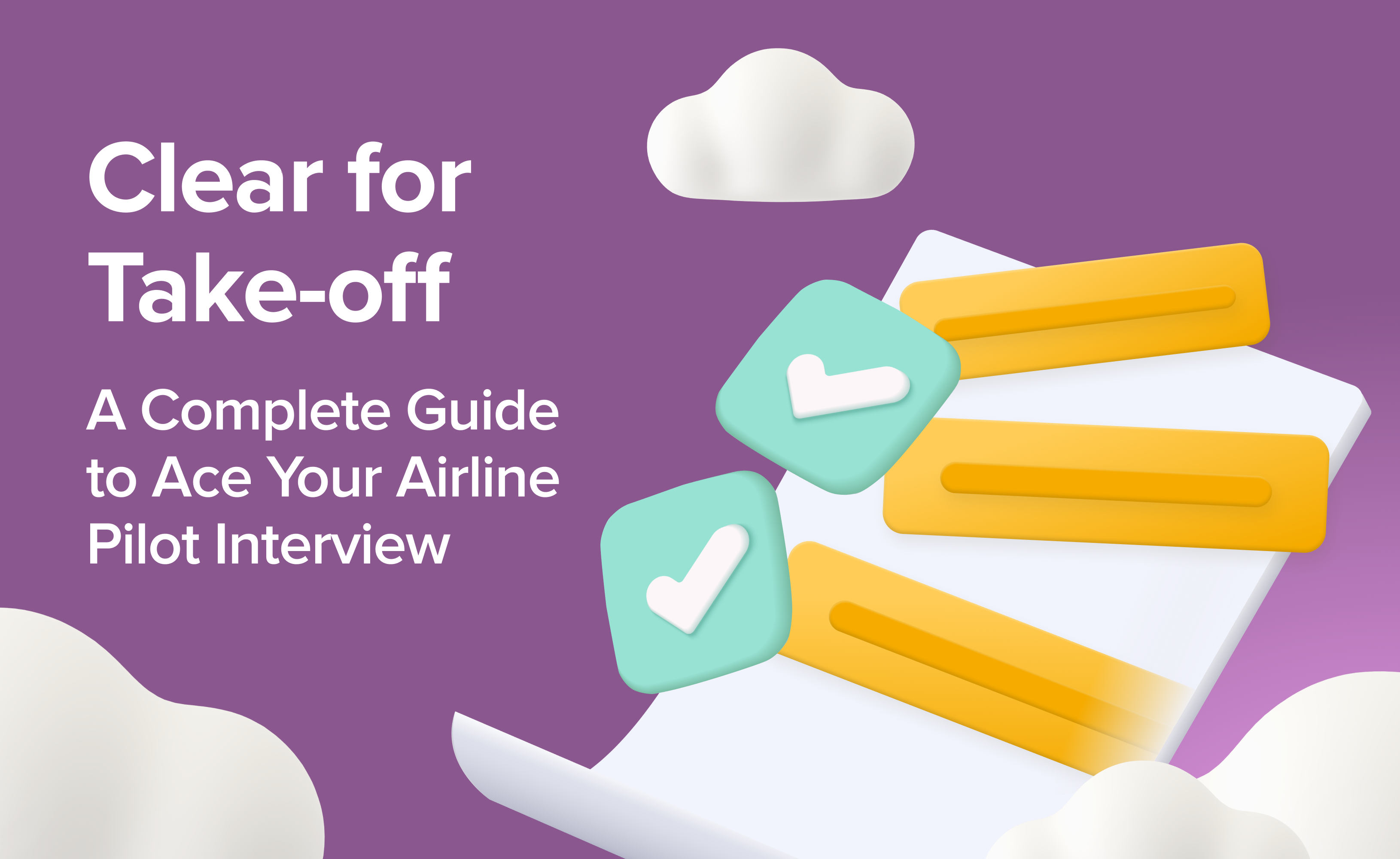
You've spent months of training in flight school, countless hours grinding through textbooks and flight simulators, diligently studying for ATPL exams and passing them with flying colours, and finally getting the necessary amount of flight hours. The dream of becoming a professional pilot is finally within reach, but one crucial hurdle stands between you and the cockpit — the airline interview.
Let's face it, job interviews can be nerve-wracking for everyone. First impressions matter, and the pressure to perform can feel immense. This handbook is your co-pilot, navigating you through the interview process with clear skies ahead.
Pre-Flight Check: Making a Great First Impression

Once you've secured the interview for the pilot's role, you're on the right track, but now you need to convince the recruiters that you're the perfect fit. How can you not just make a good impression, but a great one that makes them at least call you for the second interview?
As the saying goes, “You don't get a second chance to make a good first impression.” OK, but how quickly opinions are formed? Research indicates that within the first 7 seconds of meeting someone, people form 11 impressions, a principle known as the 7/11 rule. You have just one shot to get it right. First impressions tend to stick, so it's crucial to ensure that your initial interaction leaves a positive impact.
This judgement is influenced by factors such as your appearance, body language, mindset, and what you wear.
What to Wear: Dressing for Success
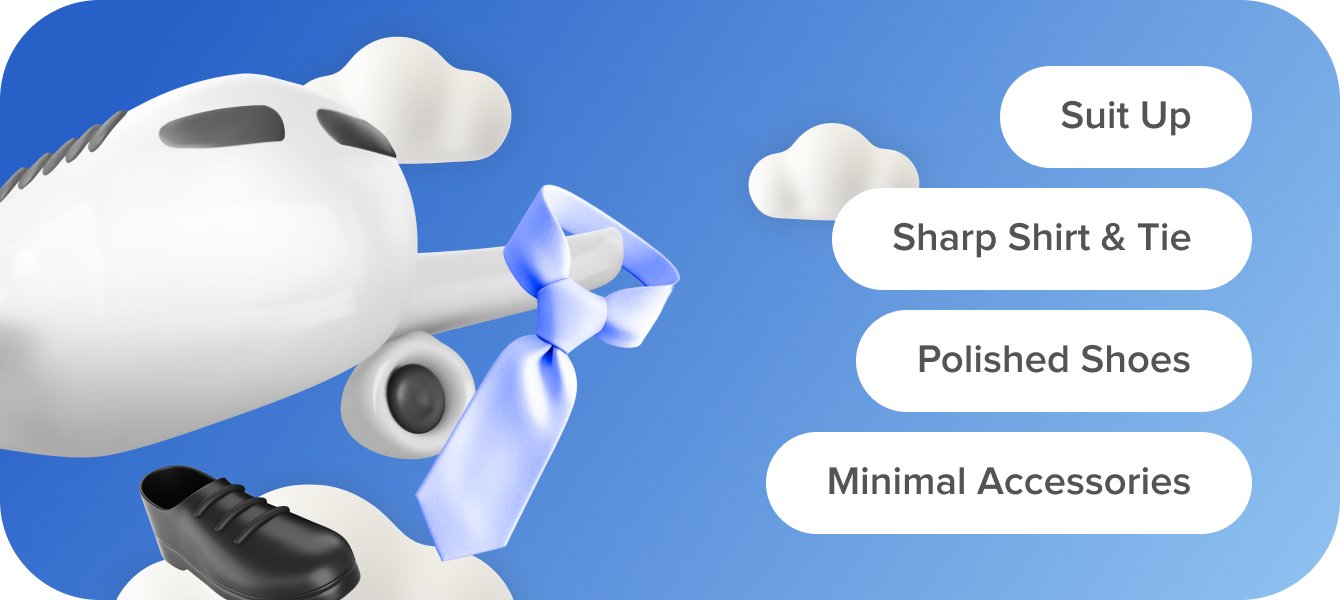
When dressing for a pilot job interview, the key is to strike a balance between professionalism and comfort. Here's a general guideline:
Suit Up: A well-tailored business suit in a conservative colour like navy, black, or grey is the gold standard. Look sharp, not flashy.
Sharp Shirt & Tie: Pair your suit with a crisp white or light-coloured button-down shirt. Men should add a conservative tie – avoid loud patterns or colours.
Polished Shoes: Clean, well-maintained leather shoes in black or brown complete the professional look. Ditch the sneakers or sandals!
Minimal Accessories: Keep jewellery and other accessories to a minimum. You want the focus to be on your skills and qualifications, not a flashy watch.
Remember, the goal is to present yourself in a leadership style, as a confident and professional candidate who is serious about the job. Dressing appropriately for the pilot interview demonstrates respect for the position, the company, and the airline industry in general.
Body Language: Confidence Takes Flight
Your curriculum vitae and skills are stellar, but during a pilot interview, your body language speaks first. Those initial seconds set the tone. Strong body language speaks of professionalism and puts you at ease. Airlines want pilots who are self-assured and decisive. Slouching or fidgeting says the opposite. Nervous habits like playing with hair or avoiding eye contact distract from your answers. That is why focus on your interviewer, breathe deeply, keep your movements controlled, sit tall, maintain eye contact, and use open gestures.
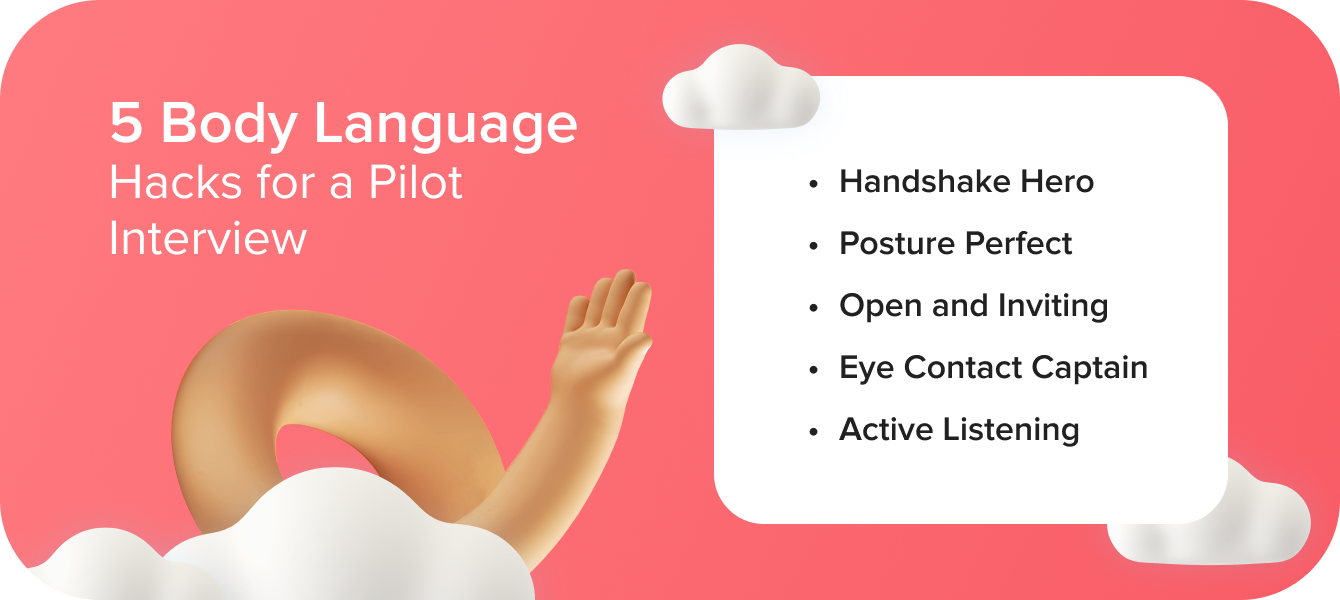
Top 5 Body Language Hacks
Handshake Hero: A firm handshake (not a bone-crusher!) shows strength and initiative.
Posture Perfect: Good posture screams professionalism and conveys a sense of command. Sit tall with your shoulders back, and relax without slouching.
Open and Inviting: Use open gestures like palms facing up instead of crossed arms (defensive). This projects approachability and openness to ideas – key traits for a good leader.
Eye Contact Captain: Maintain eye contact (not a stare-down!), show attentiveness and build rapport.
Active Listening: Lean in slightly during the interview, showing genuine interest in what the interviewer has to say. This demonstrates good communication skills and the ability to inspire trust.
Flight Plan: Preparing for Clear Skies
Know Your Destination: Researching the Airline
Imagine showing up on a flight without knowing your destination. Researching the airline before your pilot position interview is equally important. Airlines seek commercial pilots who are passionate about their company, and they will be looking for evidence of this passion during the airline pilot assessment.
Research demonstrates you've taken the initiative to learn about them. Knowing the airline's mission, fleet, and routes allows you to tailor and prepare your responses to the common questions during the interview. It shows you've done your homework. Research helps you form thoughtful questions about the airline's culture, career progression, and future plans.
What to Focus On:
Company History, Culture & Mission: Learn about the airline's origins, values, and goals. Find employee reviews or articles to understand the work environment.
Fleet & Network: Research the aircraft types they fly and the destinations they serve.
News & Recent Developments: Stay up-to-date on any recent company news, new aircraft expansions, or new routes.
Your primary source for company information and news is the airline's official website. On pilot forums and online reviews, it is possible to gain insights into company culture and flight crew experience. Stay updated on aviation industry news and technological advancements.
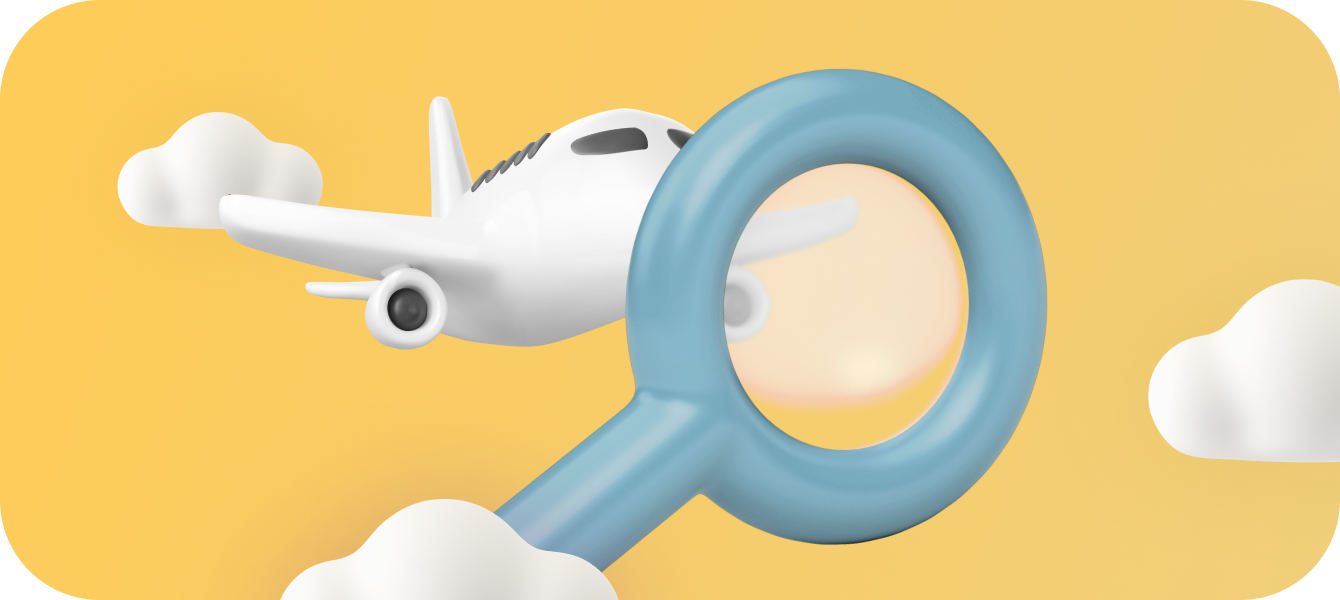
Charting Your Course: How to Prepare for the Pilot Interview
Once you have got the invitation to the interview, you're halfway there. Now, you must prove to the recruiters that you're the right fit.
Airline pilot assessment usually consists of two parts: a competency screening and a technical evaluation. The technical section covers various subjects, while the competency interview evaluates essential soft skills like problem-solving and teamwork. Recruiters aim to find evidence of these non-technical attributes, vital for success in the dynamic aviation sector. Therefore, thorough preparation is key to nailing your airline pilot interview. Here's how to get yourself in tip-top shape:
Map Your Day. Find out the interview schedule and structure in advance. This will help you plan your day effectively and manage your nerves.
Identify Your Weak Spots. Create a study plan that focuses on areas where you feel less confident. This could involve brushing up on technical knowledge, flight violations, dealing with emergency situations or knowing specific aircraft systems.
Master the Common Questions: Learn about common airline pilot interview questions. Prepare in advance clear, concise, and well-structured answers that showcase your skills and experience. Don't forget the “show, don't tell” approach -- use specific examples (especially for “give an example of when...” questions) to back up your claims.
Be Ready for Anything. Some airlines may run pre-interview tests to assess technical knowledge, problem-solving skills, or aptitude. While the airline might provide some information, don't be afraid to ask for further details. Additional resources online can offer insights into a variety of airline-specific assessments to help you feel even more prepared.
Mastering Technical Questions: Showcasing Your Knowledge
Technical knowledge is a pilot's foundation. By dedicating time to in-depth studying, practising with relevant tools, and focusing on clear explanations, you'll be well-equipped to handle the technical portion of your airline interview with confidence.
Remember, it's not just about knowing the answers, it's about demonstrating your understanding and ability to apply your knowledge effectively. Here's how to soar through those questions:
Deepen Your Knowledge. Review key technical areas like aircraft systems, flight procedures, and aviation regulations. Brush up on specific aircraft types the airline operates if possible.
Target Your Revision. Pilot manuals, textbooks, and online resources like question banks are excellent resources. These can provide a vast range of technical questions to test your knowledge.
Think Like a Pilot. Don't just memorise, focus on understanding the underlying principles and how they apply to real-world scenarios.
Sharpen Your Explanations. Even if you know the answer, practice explaining technical concepts in a clear, concise way that someone without an aviation background might understand.
Bonus Tip: Consider attending pilot interview prep courses or workshops. These can offer valuable insights, practice sessions, and feedback from experienced instructors.
Practice Makes Perfect: Sharpening Your Communication Skills
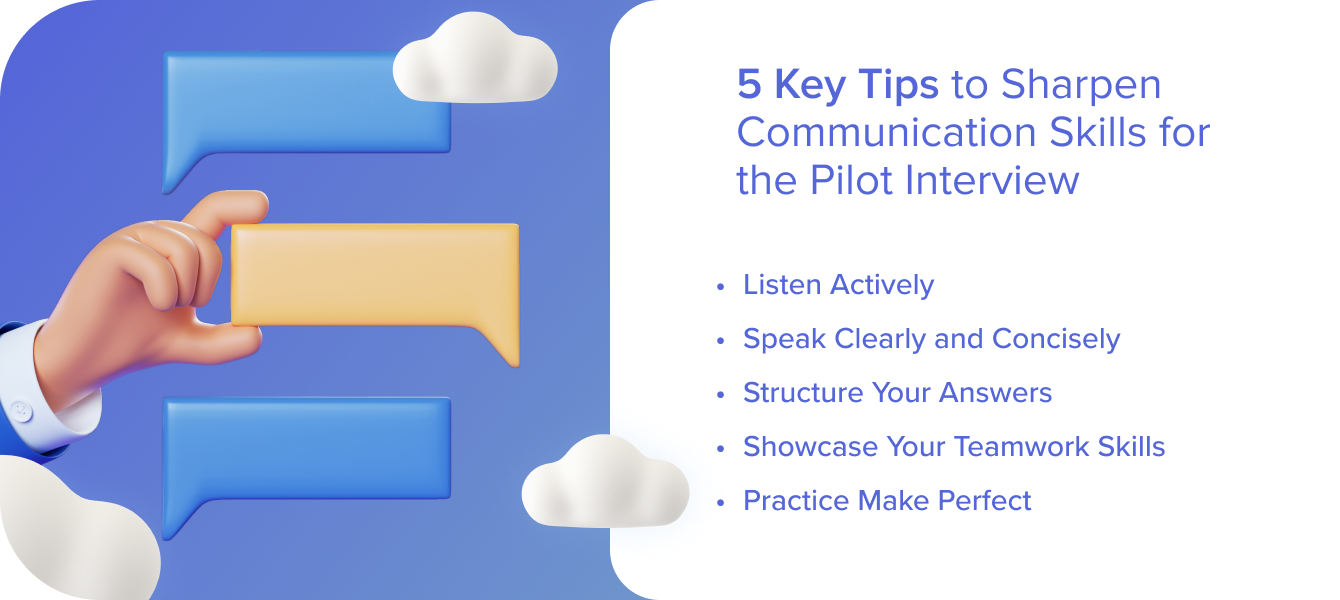
Airline interviews go beyond technical knowledge. They assess your “soft skills” – the communication, teamwork, and problem-solving abilities crucial for success in the dynamic aviation industry.
Prepare sample answers that highlight your leadership and communication skills. Focus on specific examples where you tackled challenges or collaborated effectively as part of a team.
Expect scenario-based questions that test your behaviour in difficult situations, decision-making and reliability. These questions are your chance to shine, demonstrating your commitment to being a dependable and valuable crew member.
Here's how you can sharpen your communication skills for your pilot interview:
Use Active Listening. Pay close attention to the interviewer's questions and respond directly to what they ask. Briefly summarise their questions before answering to show understanding.
Speak Clearly and Concisely. Avoid technical jargon the interviewer might not understand. Explain complex concepts clearly and simply. Speak at a moderate pace and enunciate clearly. Project your voice with confidence.
Structure Your Answers. Use the STAR method (Situation, Task, Action, Result) to answer behavioural questions. Briefly describe the situation, the task at hand, the actions you took, and the positive outcome. Structure your thoughts before speaking.
Showcase Your Teamwork Skills. Pilots rely heavily on communication and teamwork. Highlight instances where you collaborated effectively with others to achieve a goal. Use "we" language to demonstrate your ability to work as part of a crew.
Practice Makes Perfect. Conduct mock interviews with friends, family, or career counsellors. Record yourself answering common interview questions and watch it back to identify areas for improvement.
By actively listening, communicating clearly and concisely, and highlighting your teamwork skills, you'll leave a strong impression on your interviewers and demonstrate your ability to excel in a fast-paced, communication-driven environment like the flight deck.
Pack Smart for Take-off: Essential Items for Your Pilot Interview
While airlines will provide specific instructions on what to bring, here's your pre-flight checklist to ensure you're well-equipped for a successful interview:
Pilot's Essentials:
Your Flying Licence (the key to your cockpit dreams!)
Current Class One Medical Certificate (proof of peak physical fitness)
Pilot Logbook (showcasing your flying experience)
A printed copy of your Interview Confirmation (physical or digital)
A pen and notepad for taking notes (demonstrates attentiveness)
Copies of your Academic Qualification Certificates (formal education matters)
Airside ID (if applicable, for airport access)
Optional Extras: (Consider bringing these if relevant)
Flight School Final Report (highlights your training achievements)
Professional & Academic References (upon request, showcase your credibility)
By packing these essentials, you'll project professionalism, confidence, and preparedness – all key qualities airlines seek in their future pilots. Remember, a little extra preparation goes a long way in making a great first impression.

10 Common Airline Pilot Interview Questions with Sample Answers
These are just examples. Tailor your answers to your experiences and the airline you're interviewing with.
1. Tell me about yourself and why you want to be a pilot with our airline. (Soft Skills & Motivation)
— I've been fascinated by aviation since childhood. After earning my ATPL, I gained experience flying [type of aircraft] for a regional carrier. I'm particularly drawn to [Airline Name] because of your [mention specific aspect - e.g., focus on safety, modern fleet, global network]. My strong work ethic, teamwork skills, and passion for flying make me a perfect fit for your team.
2. Describe a situation where you had to make a quick decision under pressure. (Problem-Solving & Judgment)
— During a training flight, we encountered unexpected turbulence. Following emergency procedures, I calmly assessed the situation, informed air traffic control, and adjusted the flight path to ensure passenger safety and a smooth landing.
3. How do you handle working long hours and irregular schedules? (Adaptability & Stamina)
— I understand the demands of airline schedules. I'm a highly adaptable person with a strong work ethic. I prioritise maintaining a healthy lifestyle to ensure peak performance during long flights.
4. Explain a time you disagreed with a colleague or superior. How did you handle it? (Communication & Teamwork)
— During a flight simulation, I politely voiced my concern about a proposed approach. I presented alternative solutions based on [mention source - e.g., regulations, safety protocols] and ultimately reached a consensus with the team that ensured a safe and efficient outcome.
5. What are your greatest strengths and weaknesses as a pilot? (Self-Awareness & Growth)
— My strengths are my situational awareness, strong work ethic, and ability to work effectively as part of a team. I'm constantly striving to improve my knowledge and recently completed additional training in [mention specific area]
6. What are your salary expectations? (Negotiation & Research)
— I've researched average salaries for pilots with my experience level at your airline and on similar routes. I'm flexible and open to discussing a competitive compensation package that aligns with my qualifications and the position's responsibilities.
7. Do you have any questions for us? (Preparation & Interest)
— Yes, I'm interested in learning more about your pilot career progression program at [Airline Name]. Additionally, I'd like to understand the company culture and how you foster a positive working environment for your pilots.
8. Explain the principles of operation of a specific aircraft system (Technical Knowledge).
This will depend on the specific airline and aircraft they operate. Be prepared to discuss key systems relevant to the position.
9. Walk us through your thought process for handling an emergency landing situation. (Technical Skills & Decision-Making)
Similar to question 8, tailor your answer to the specific aircraft type. Focus on key steps, following emergency procedures, and prioritising passenger safety.
10. Why do you think you'd be a good fit for our airline? (Overall Qualities & Summarise)
— I possess the technical skills, strong work ethic, and commitment to safety that your airline rates. My experience in [mention relevant experience] combined with my teamwork and communication abilities make me confident I can contribute significantly to your team.
Gear Up for Take-off
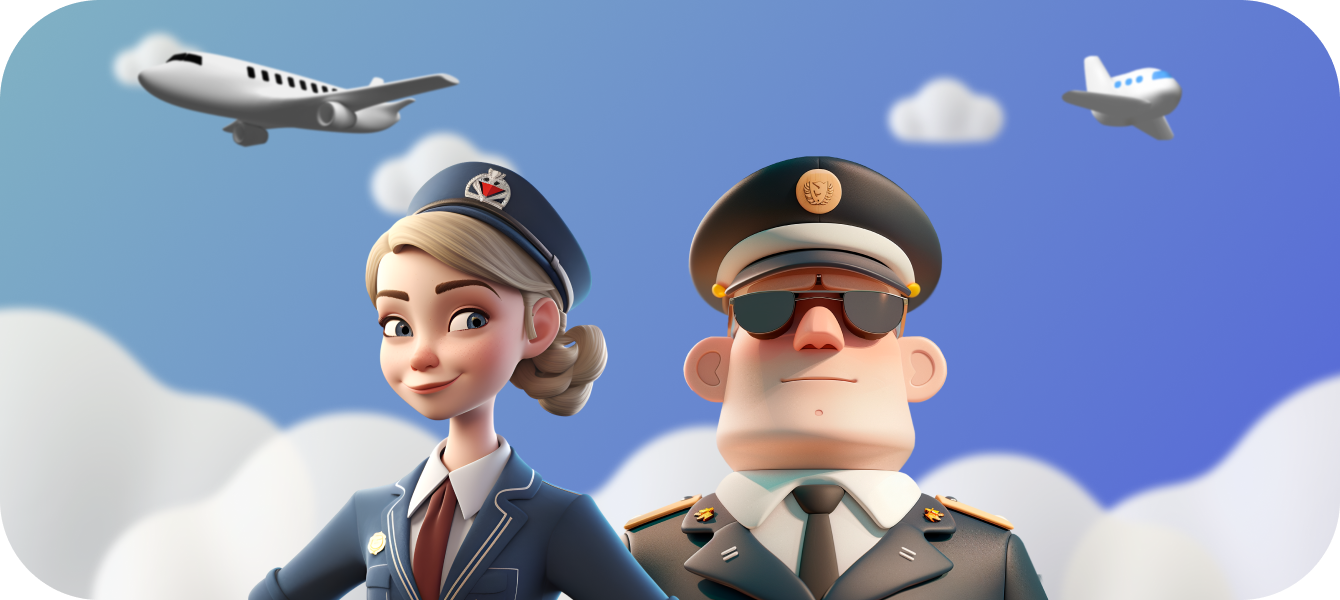
With dedication, thorough preparation, and the knowledge you've gained from this guide, you're well on your way to conquering your pilot interview and soaring towards your dream career. Take a deep breath, visualise yourself confidently navigating that interview, and remember – the clear skies and exciting world of aviation await!

